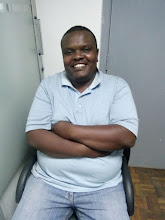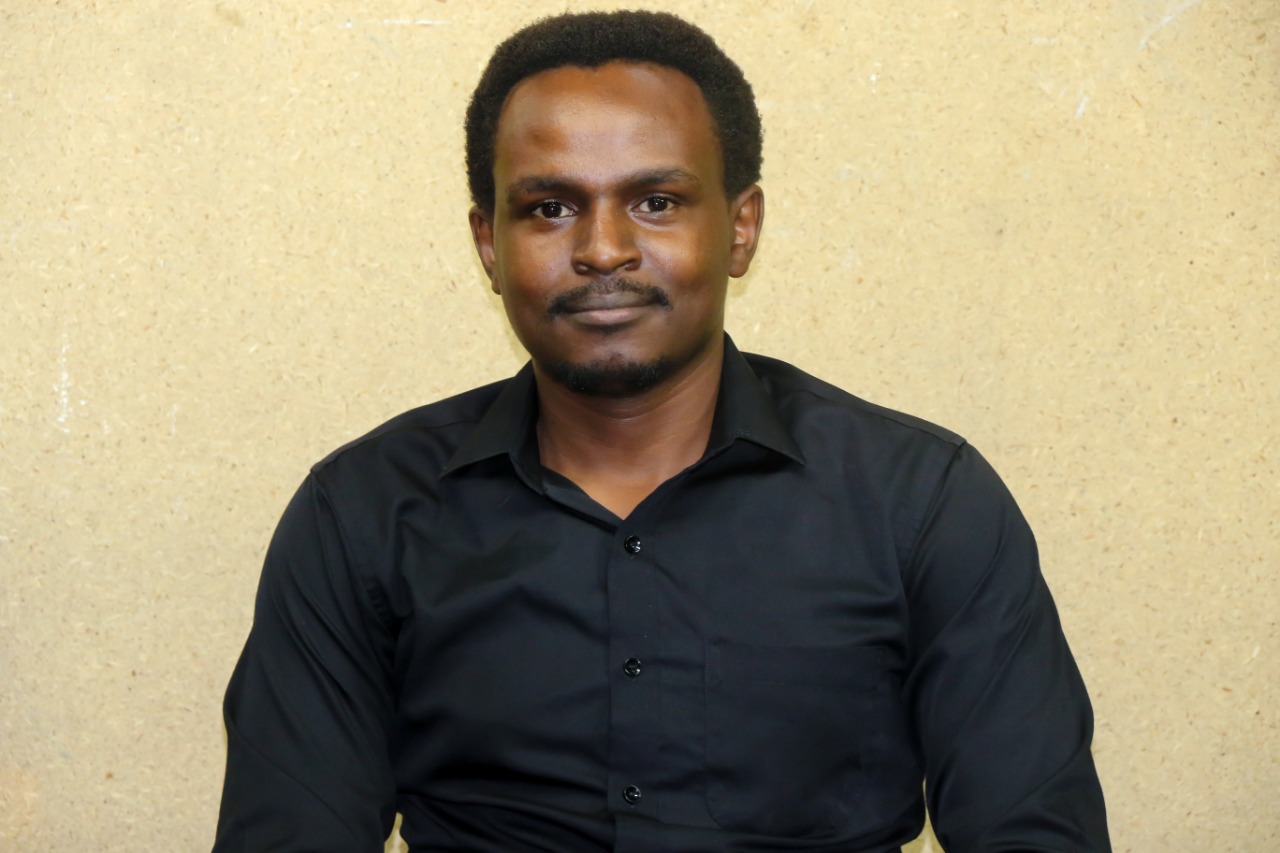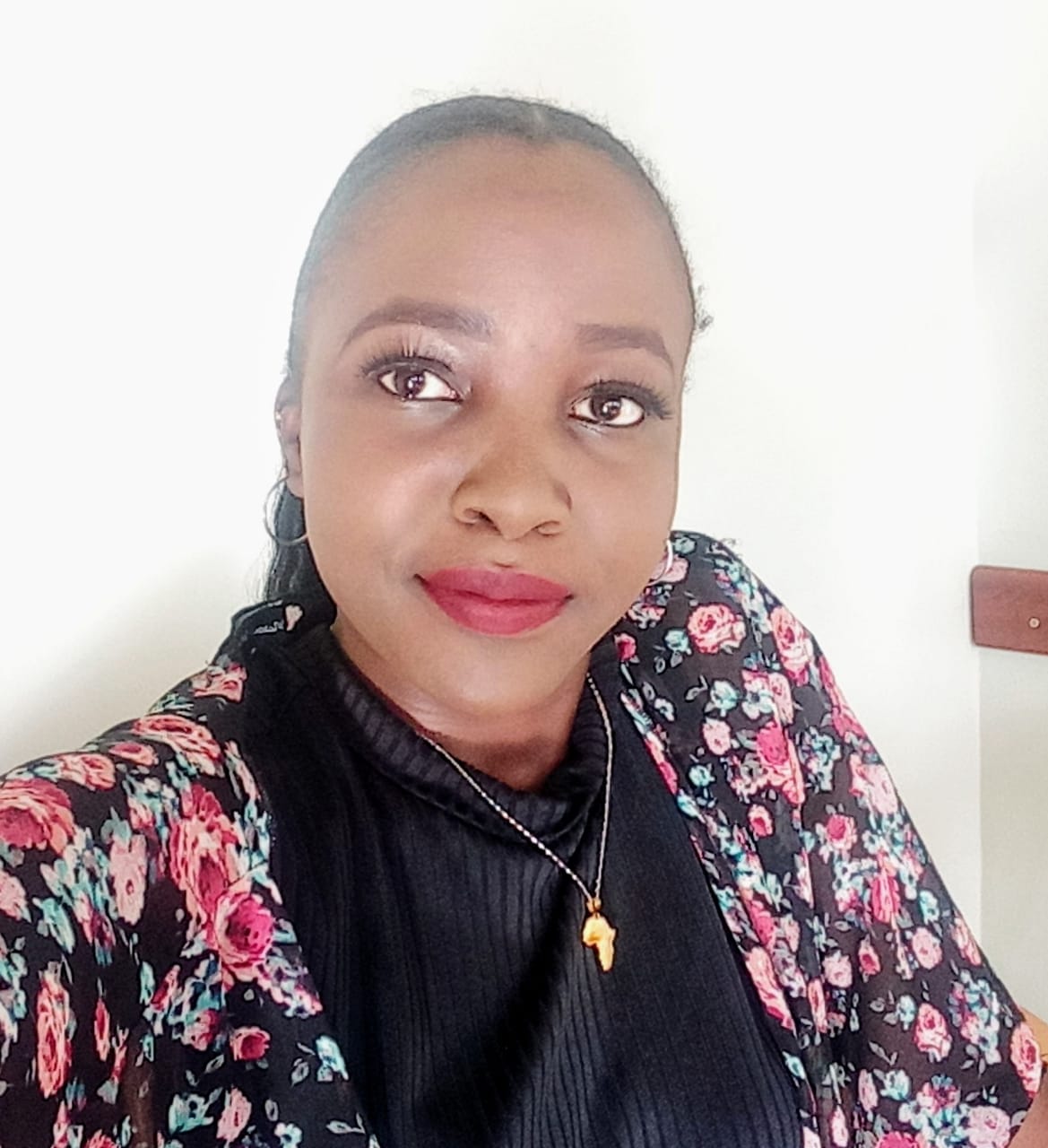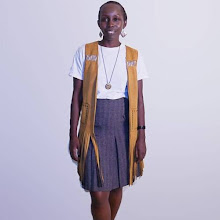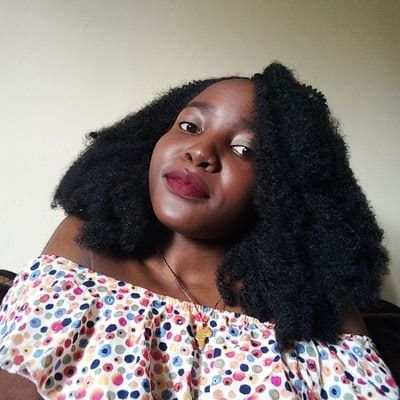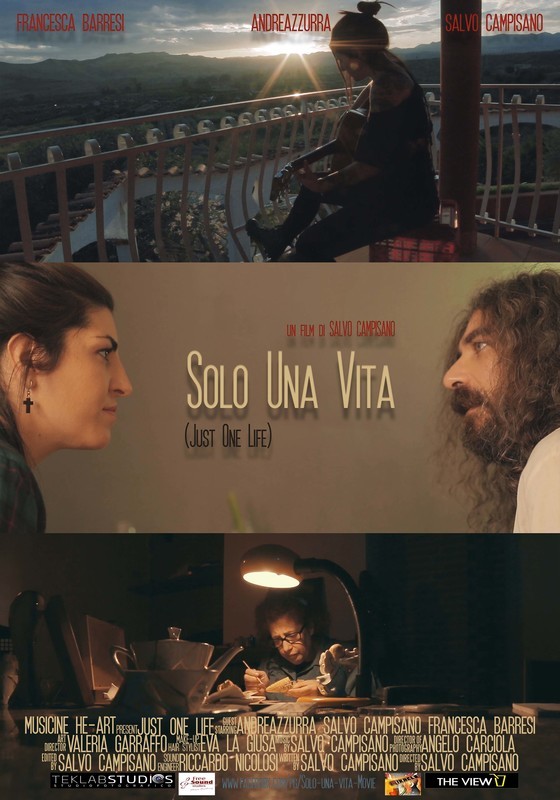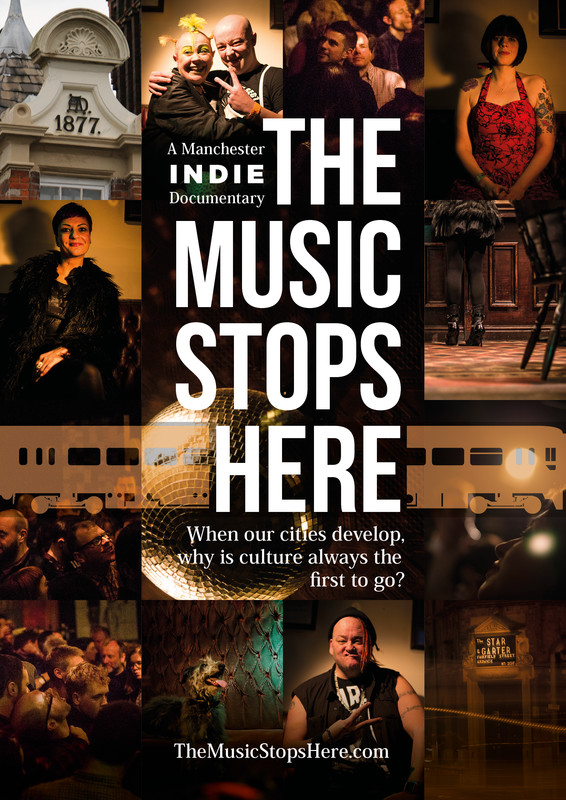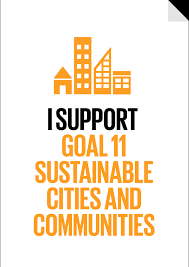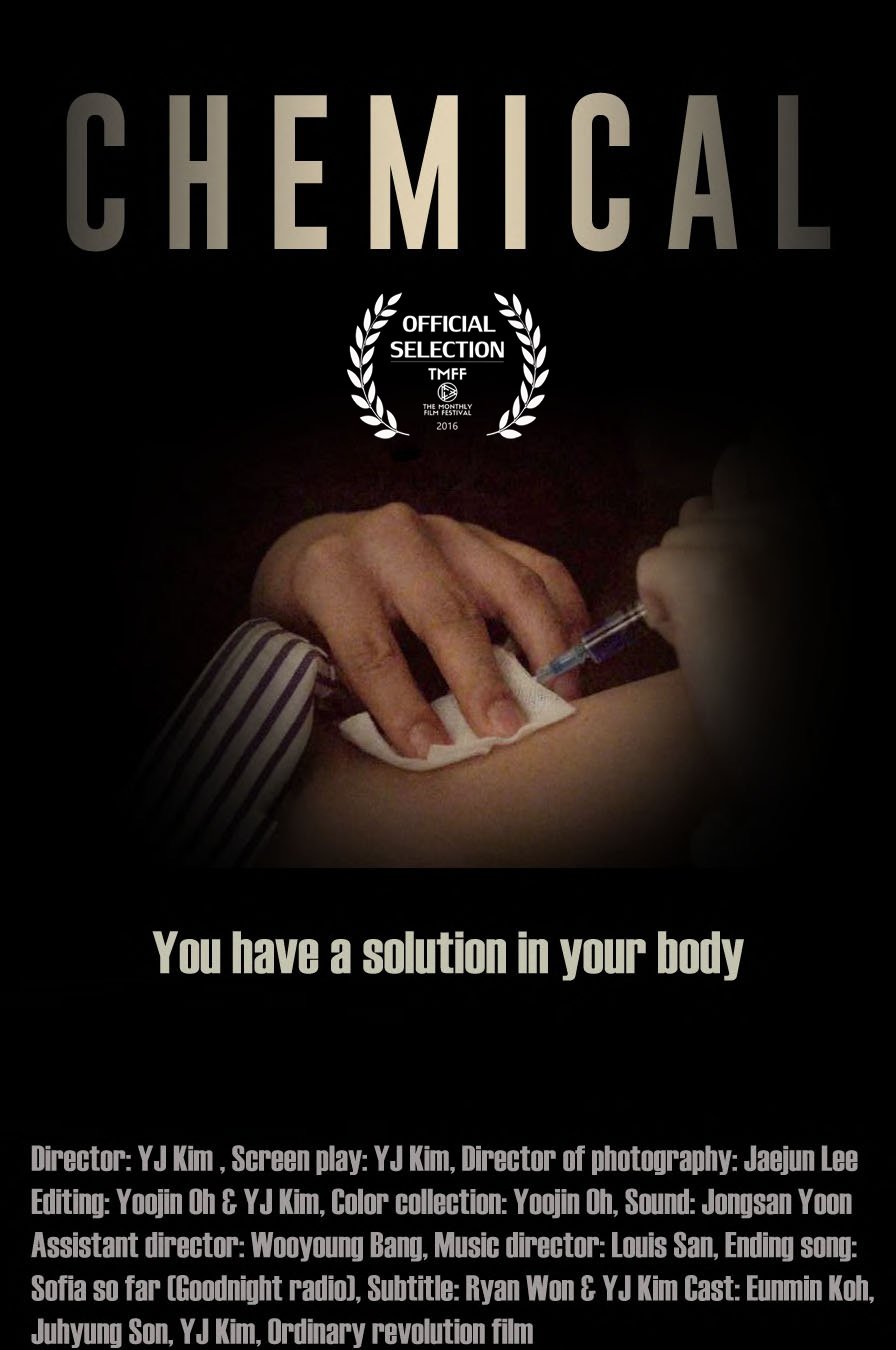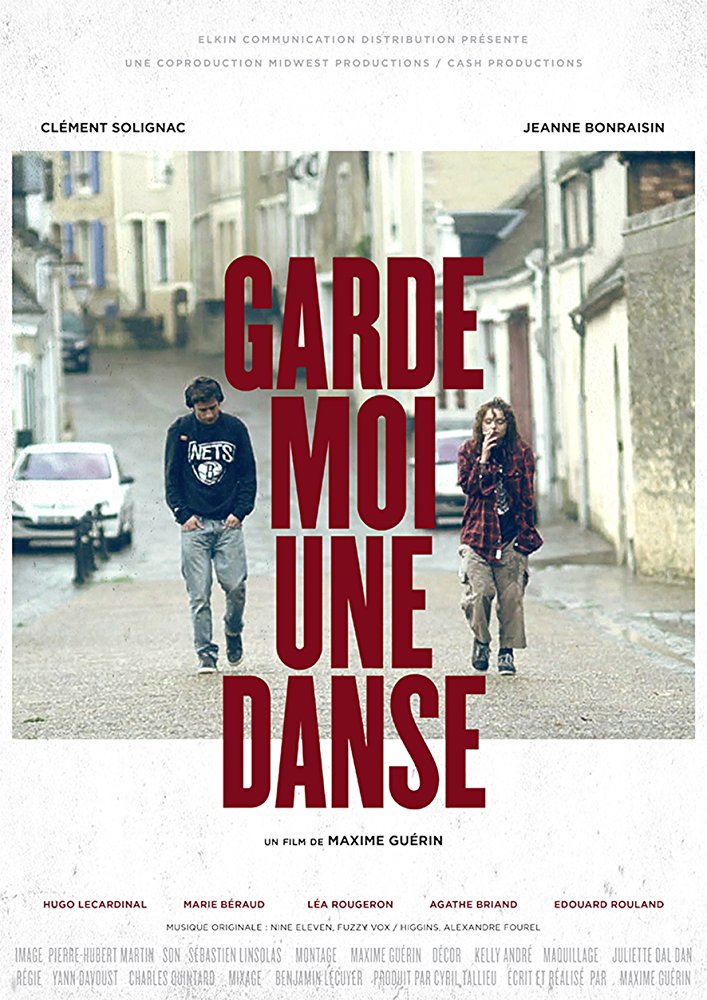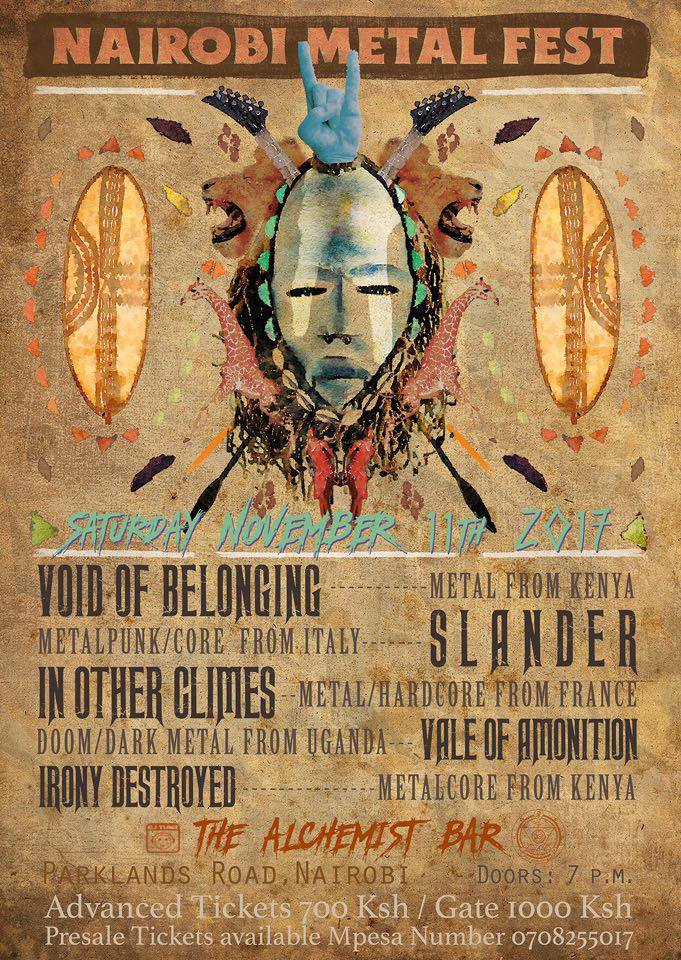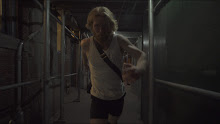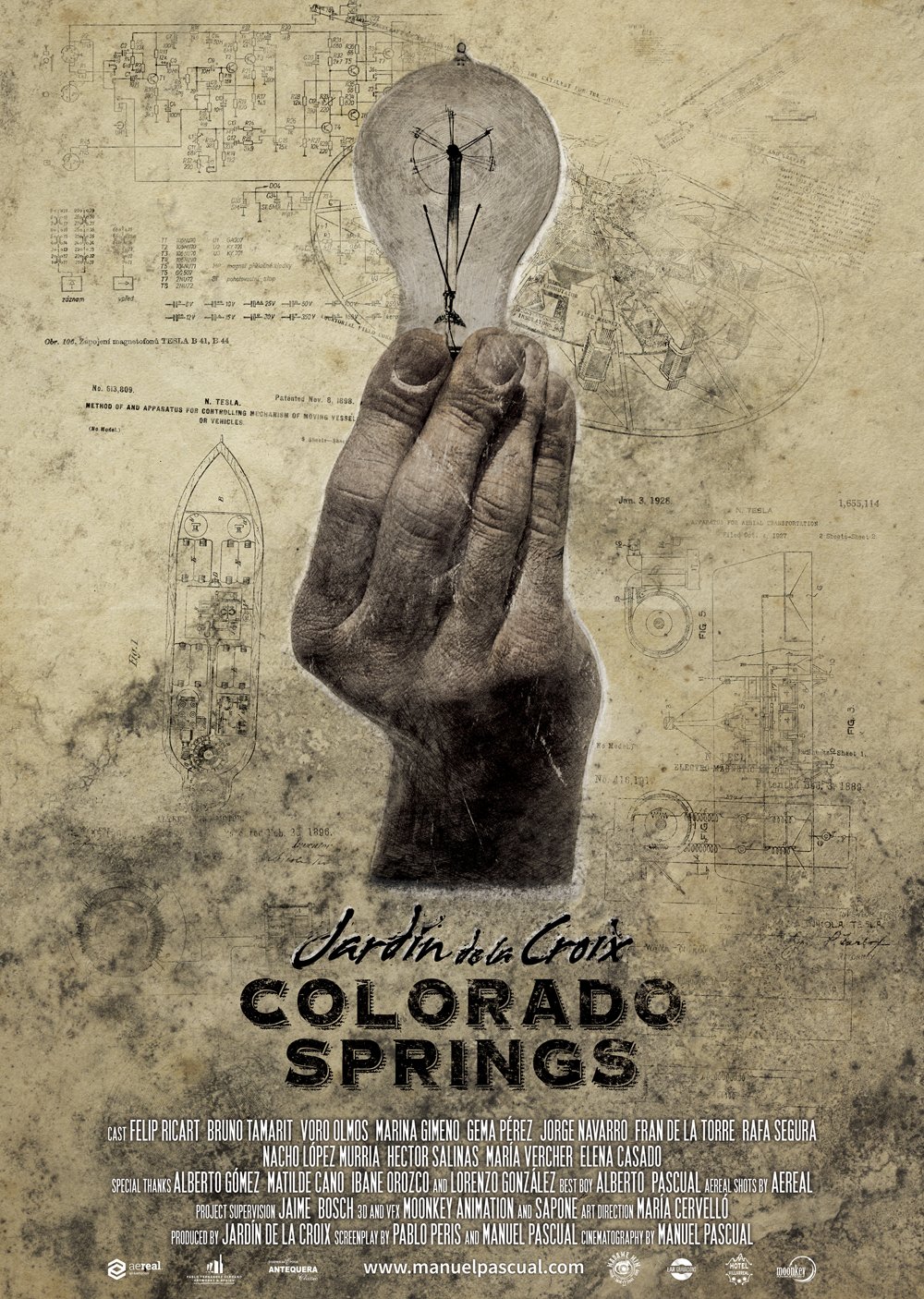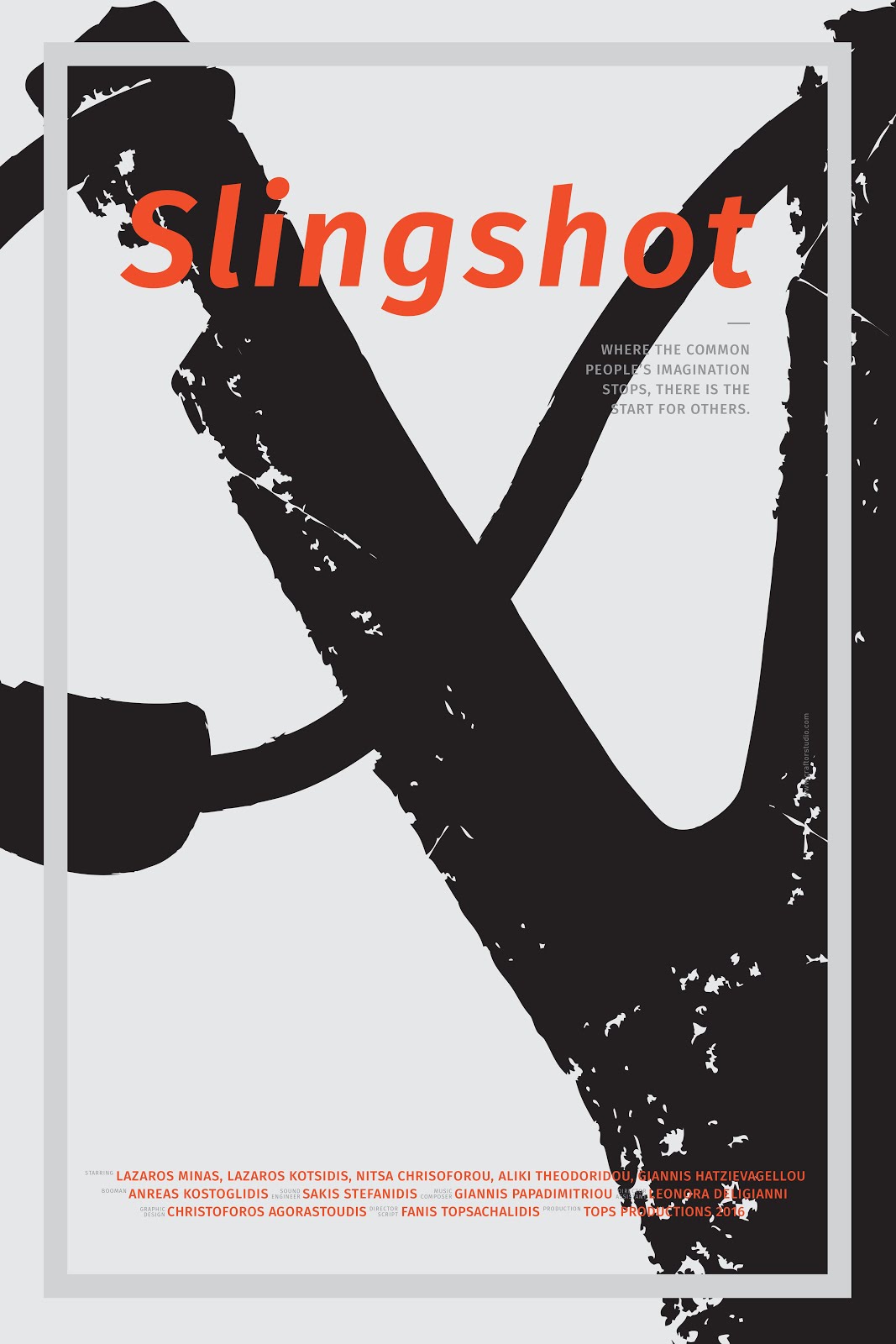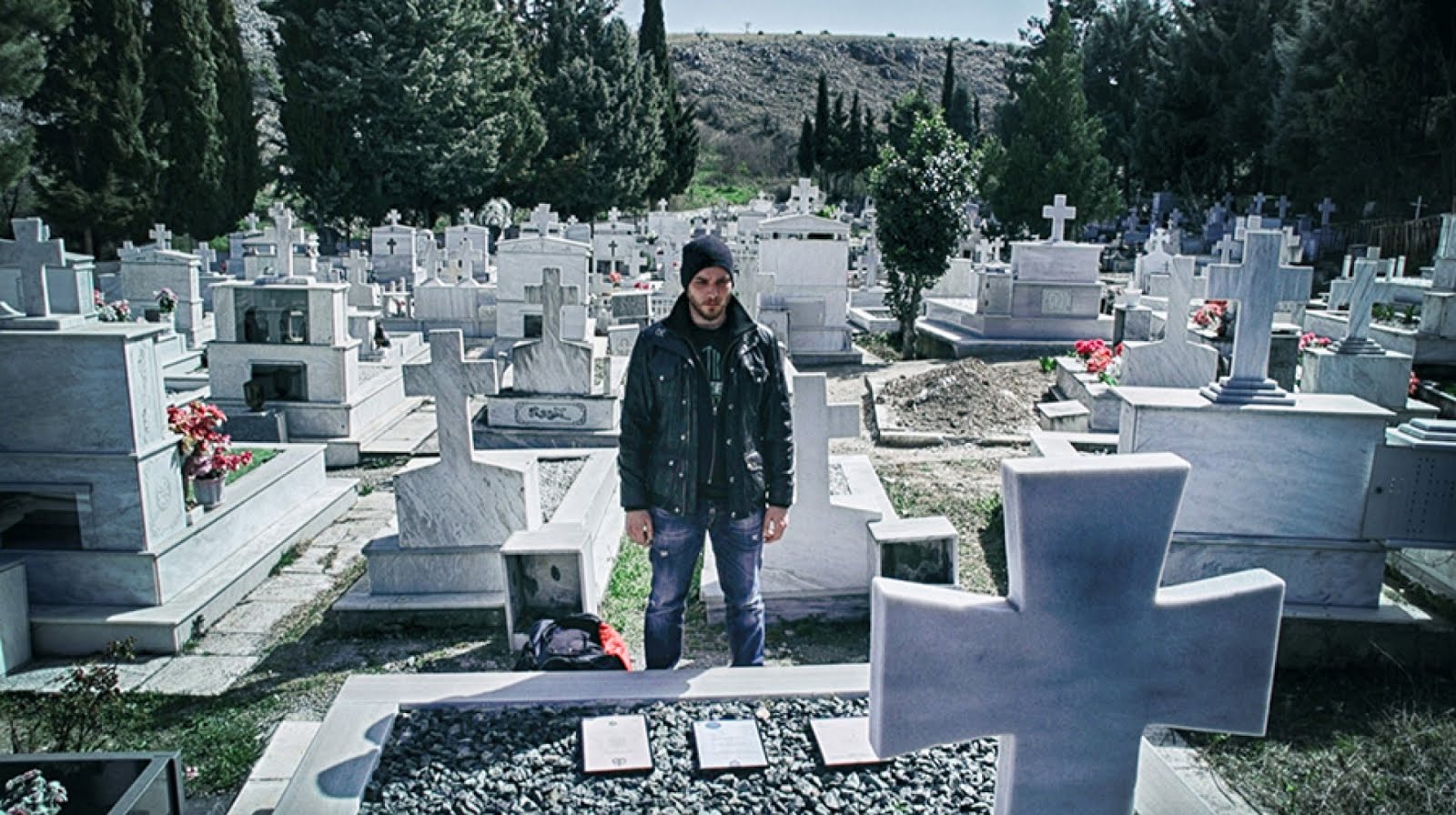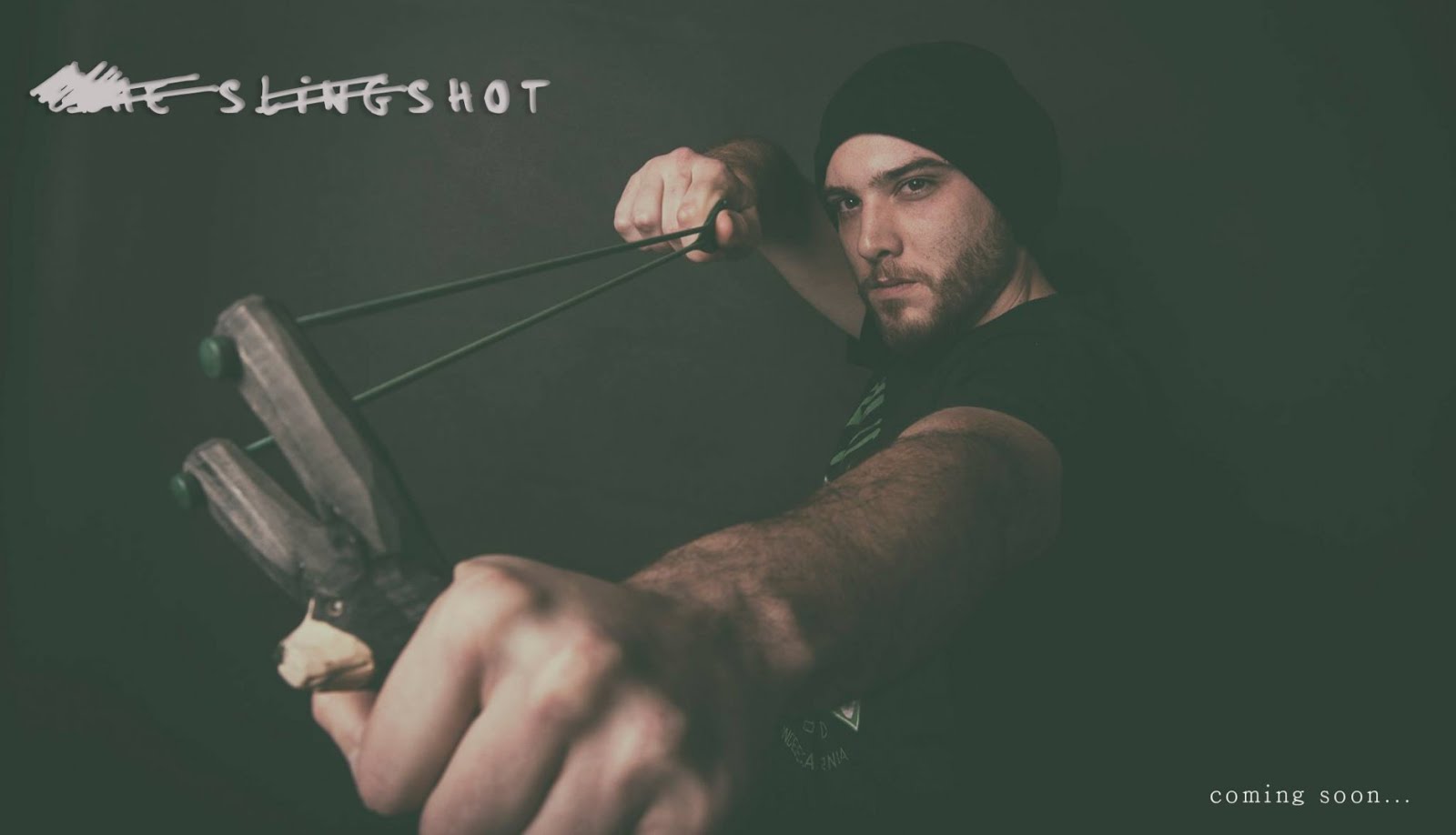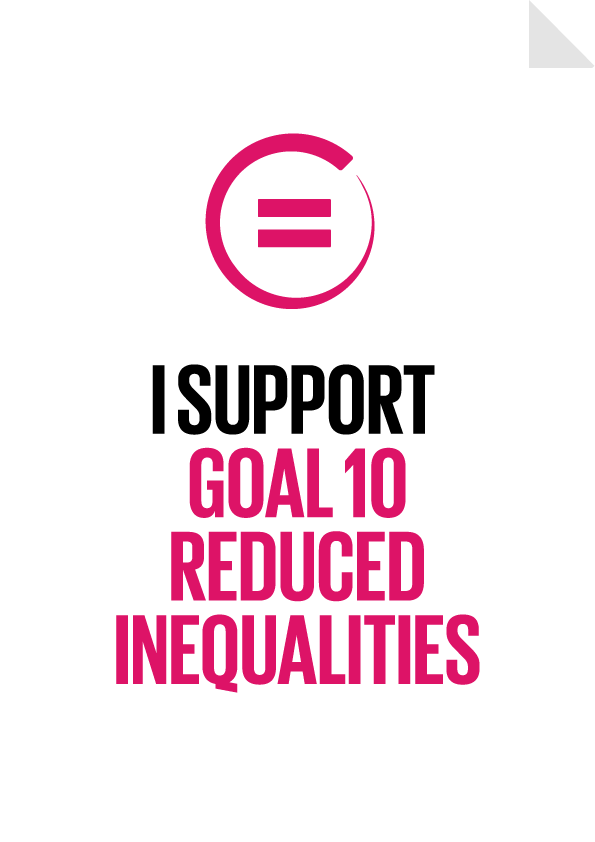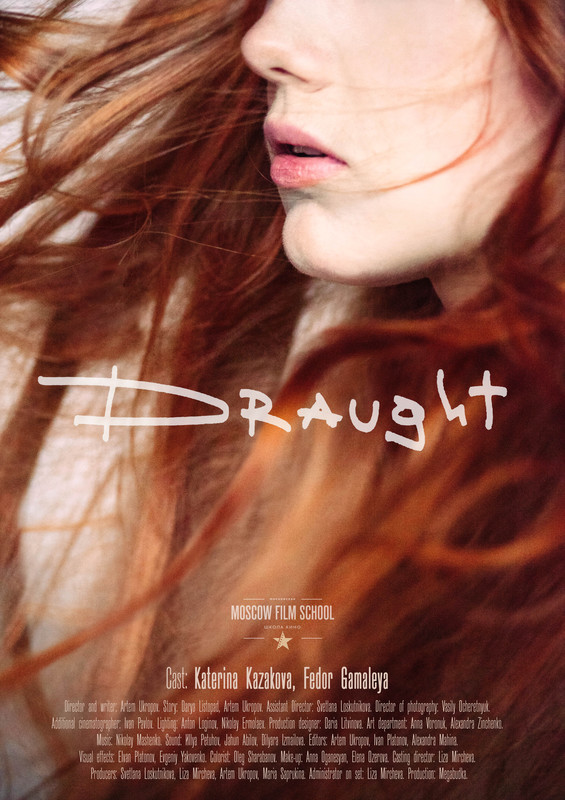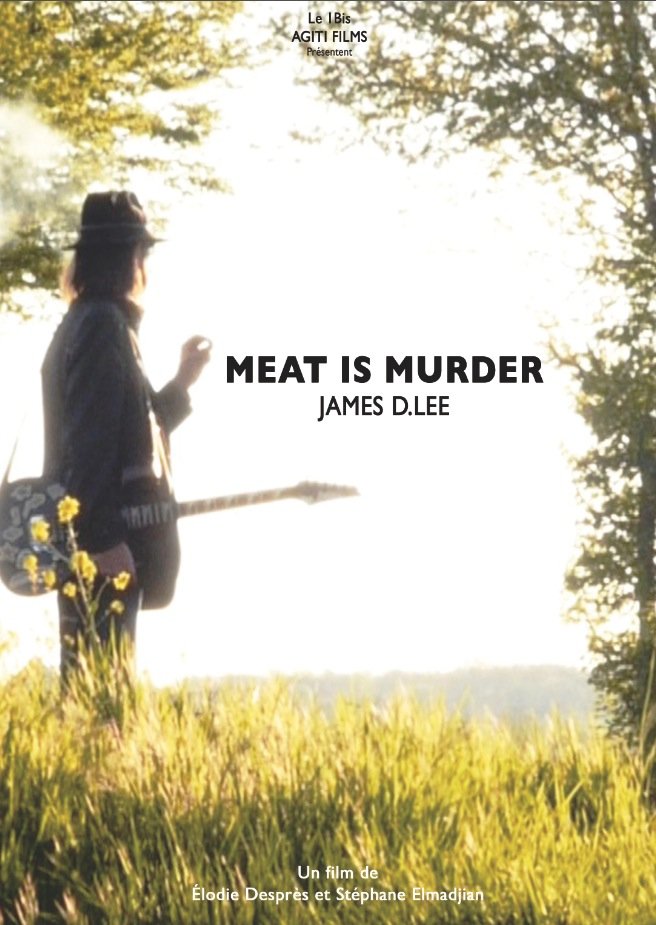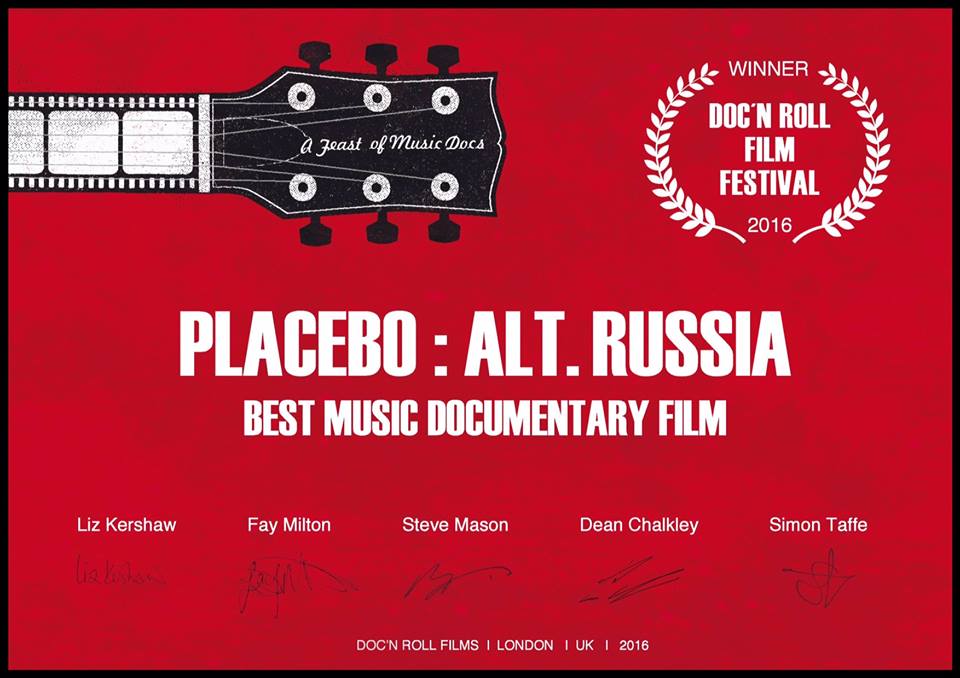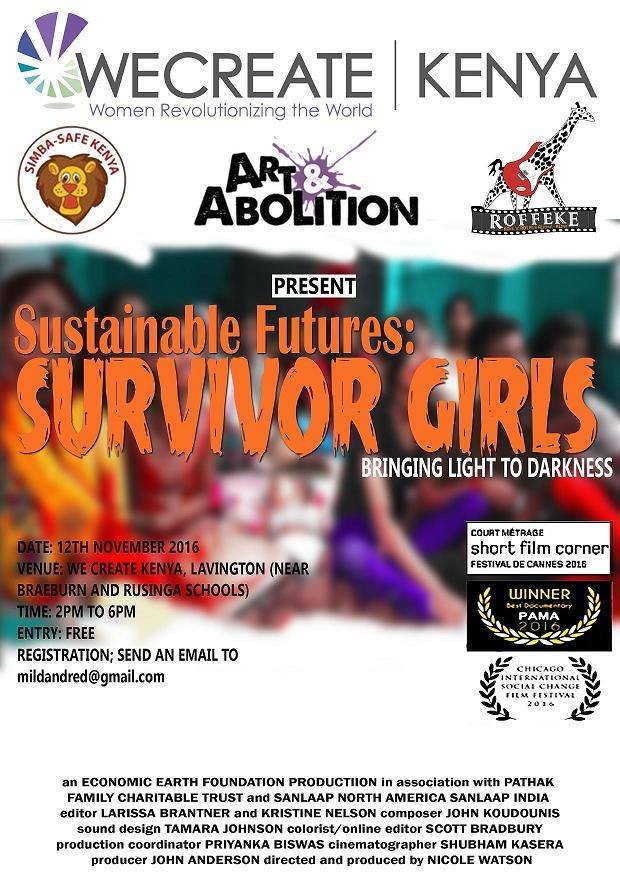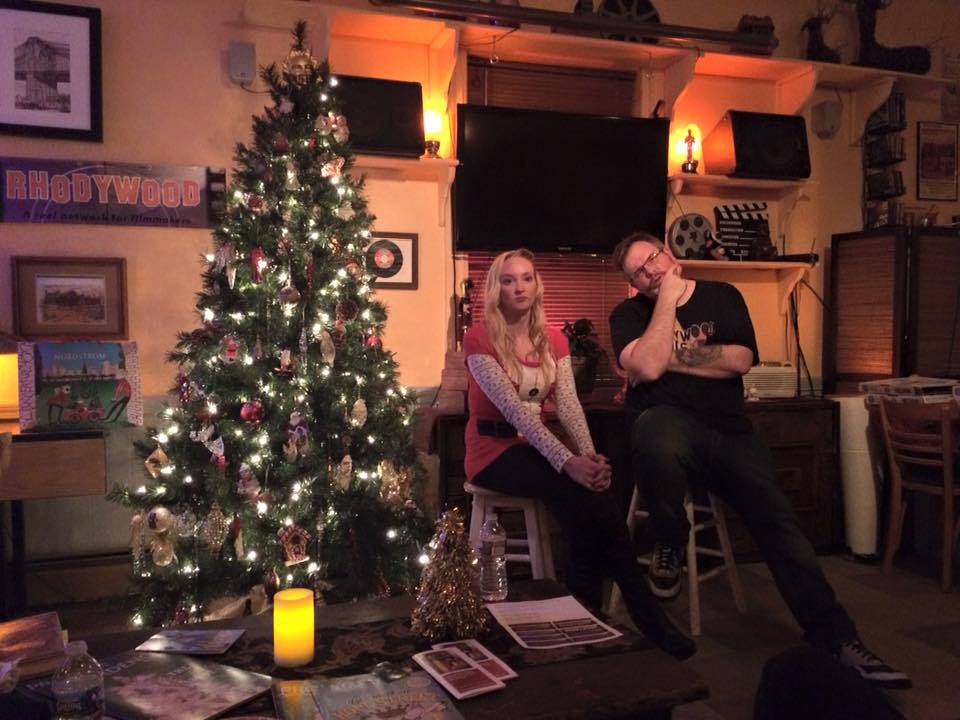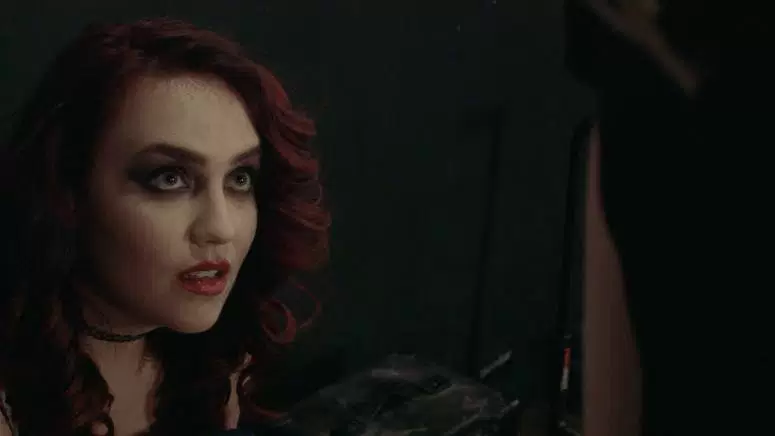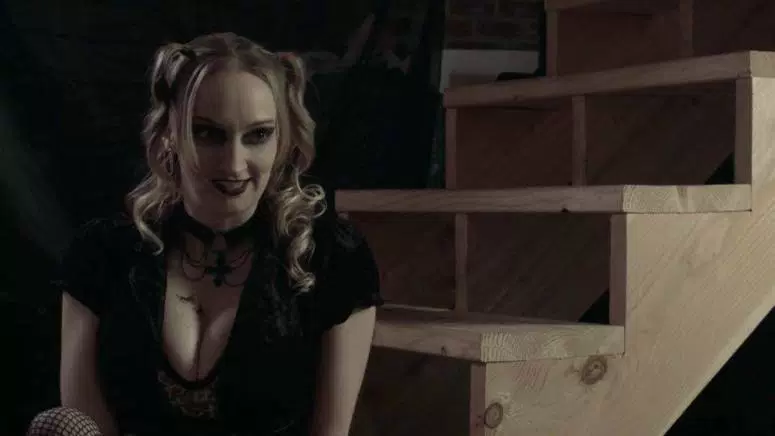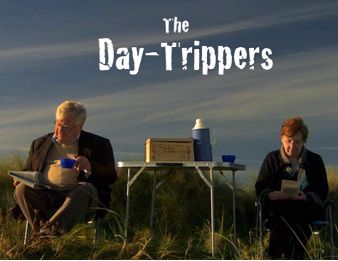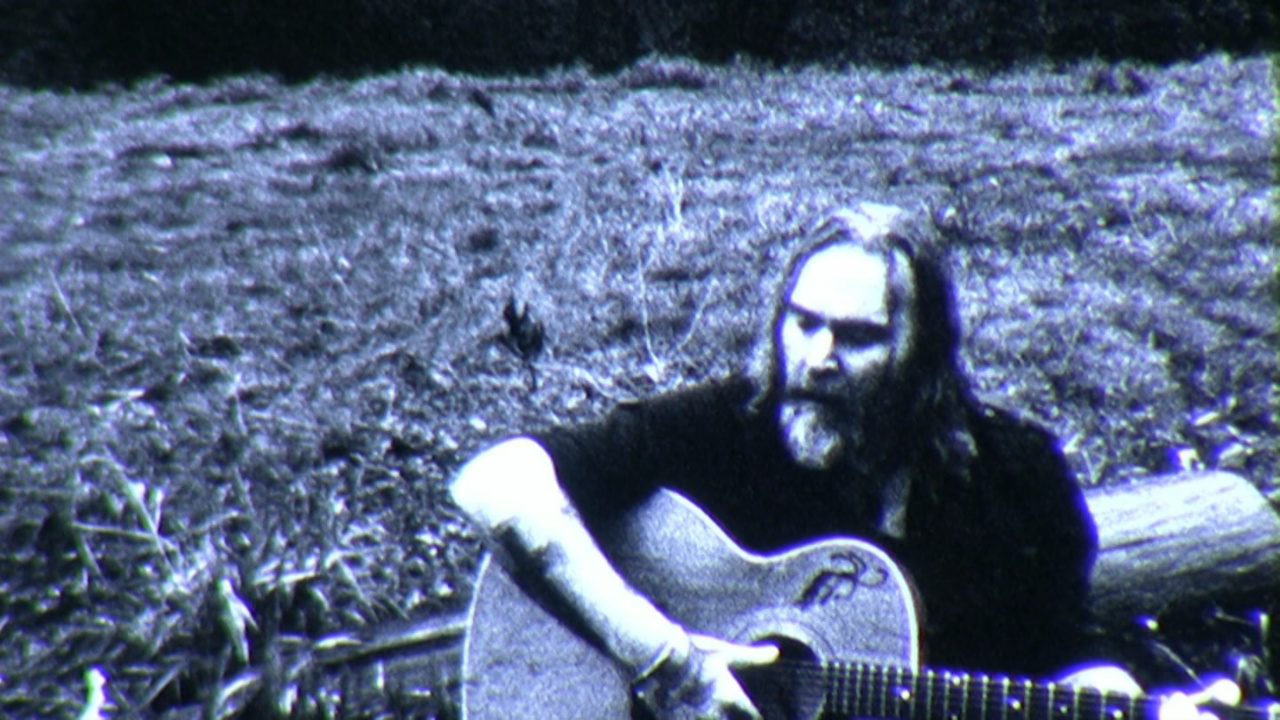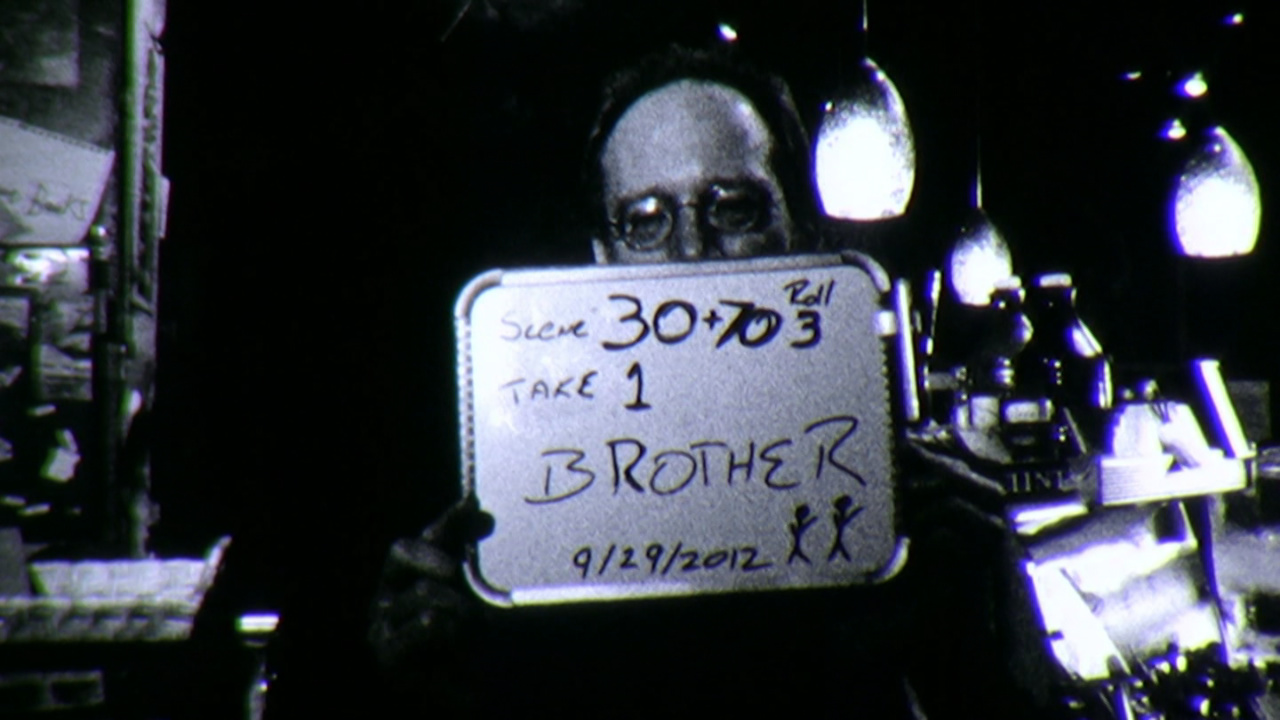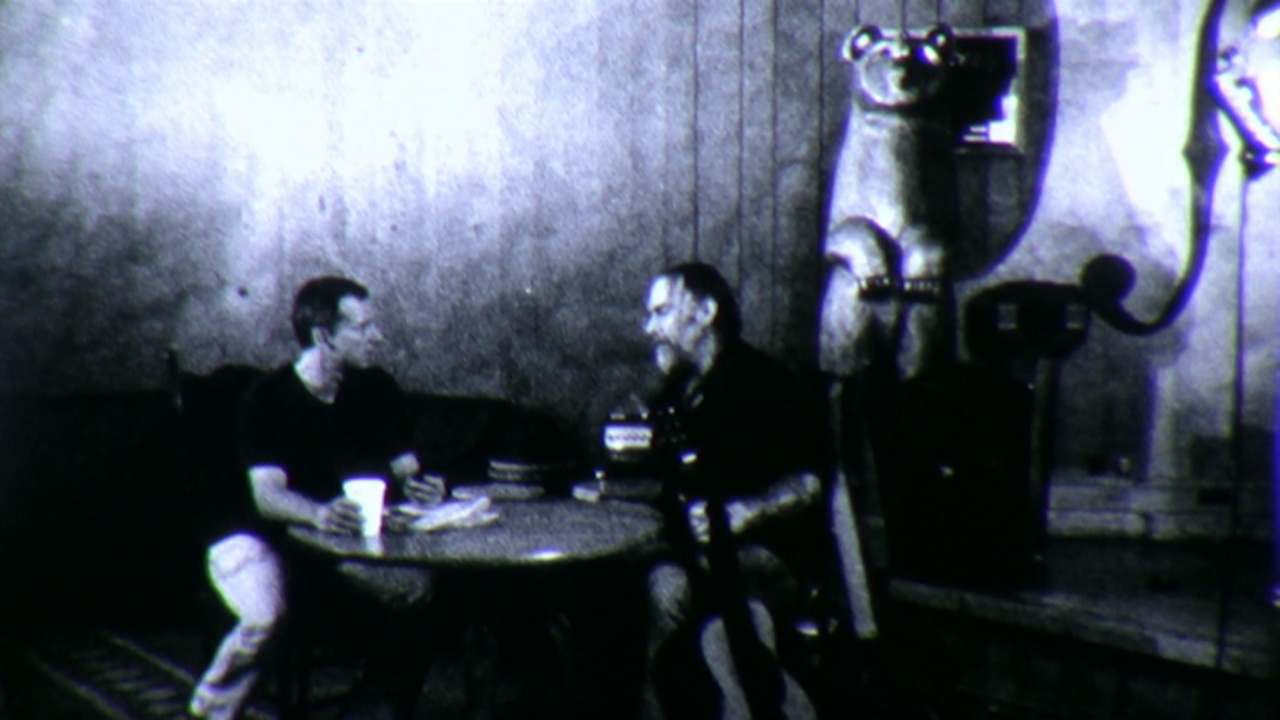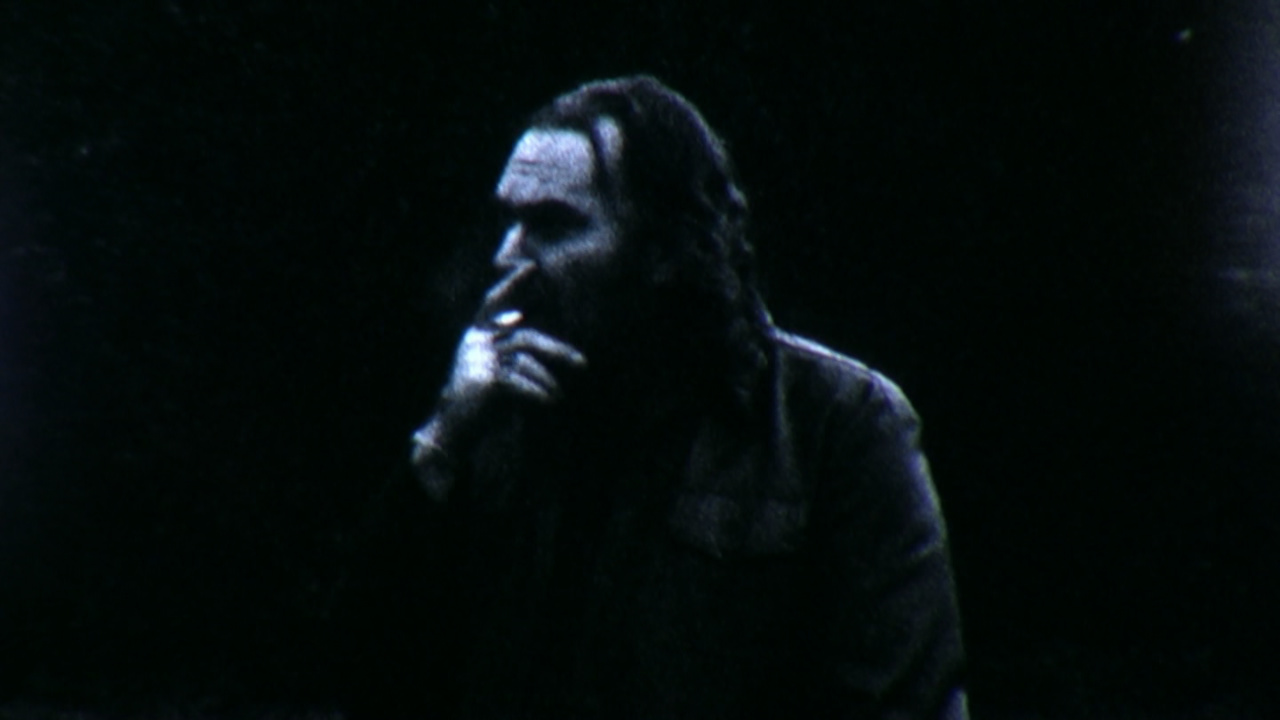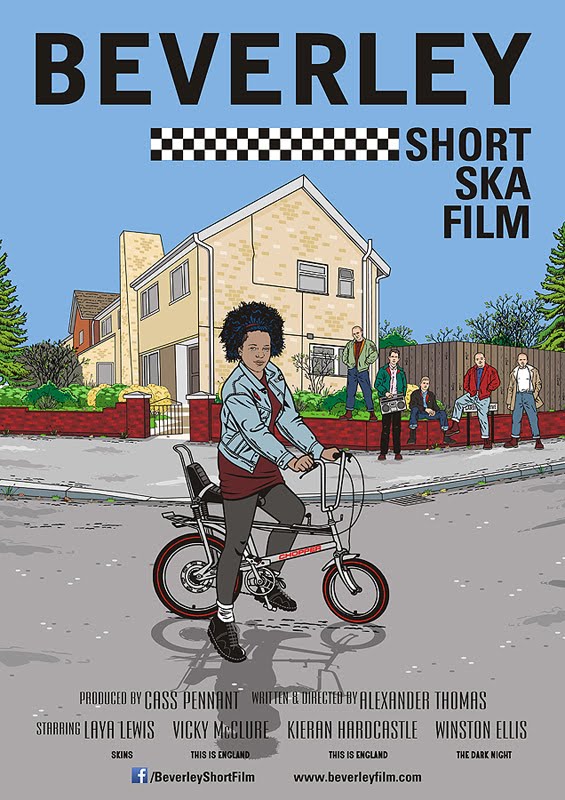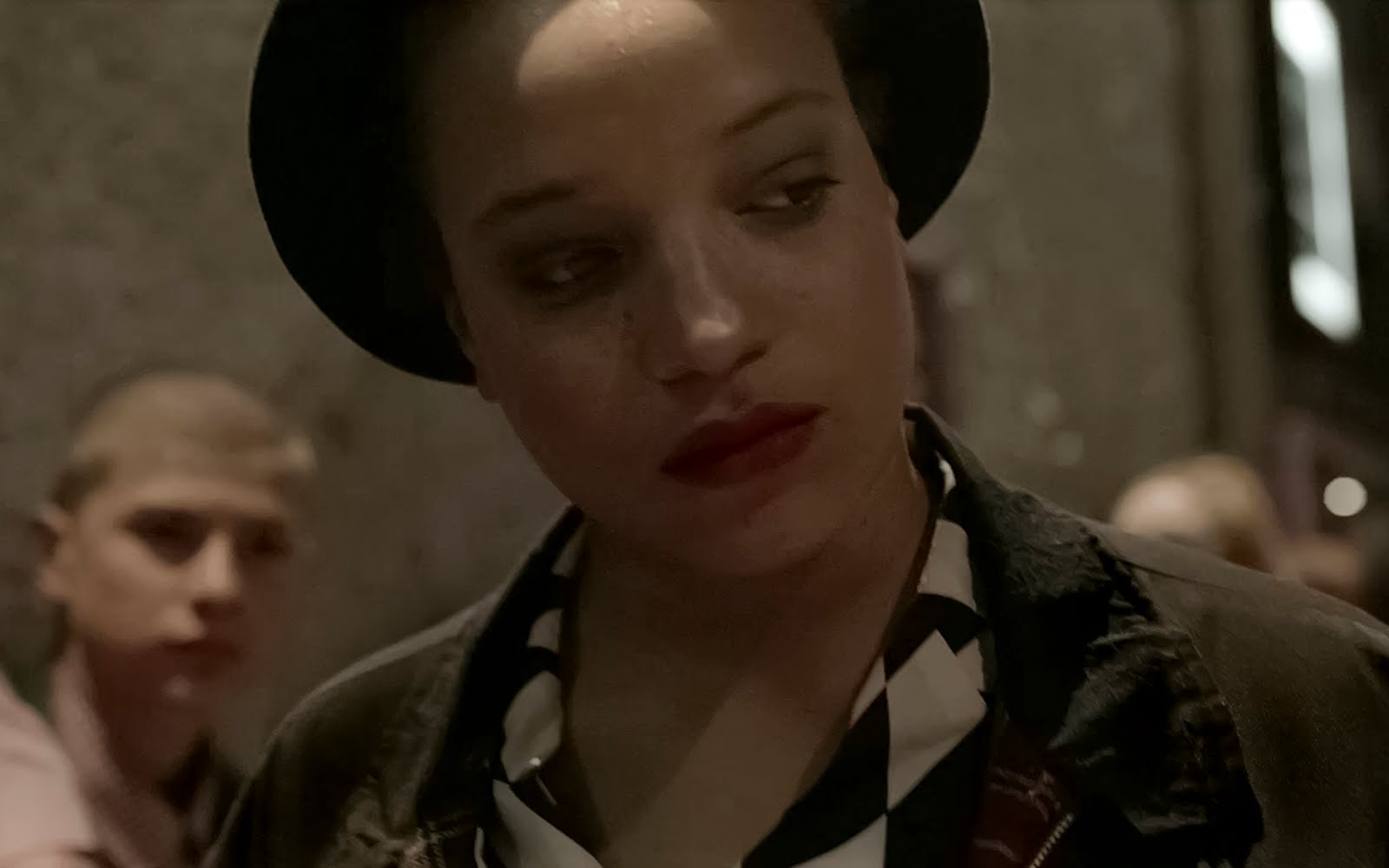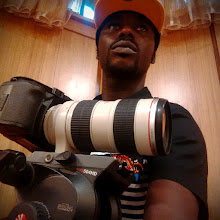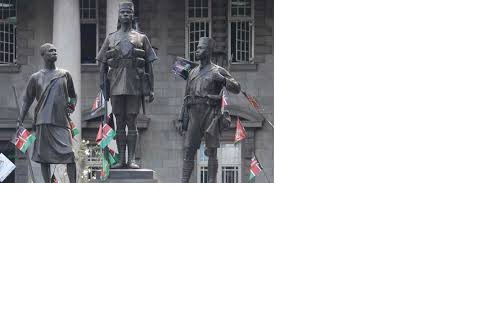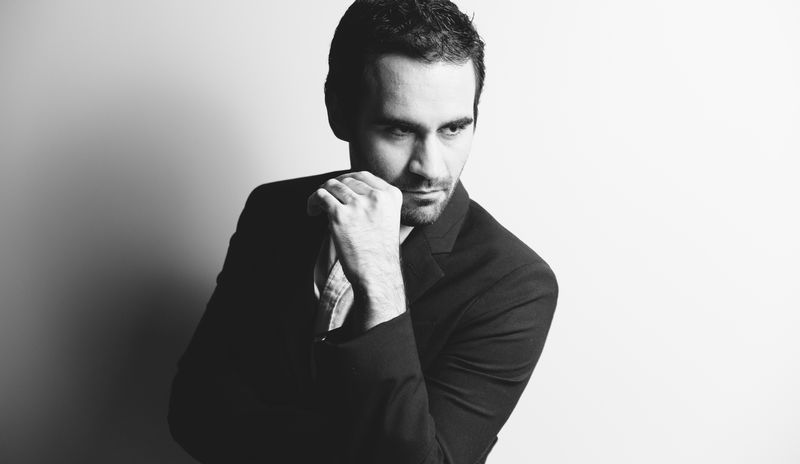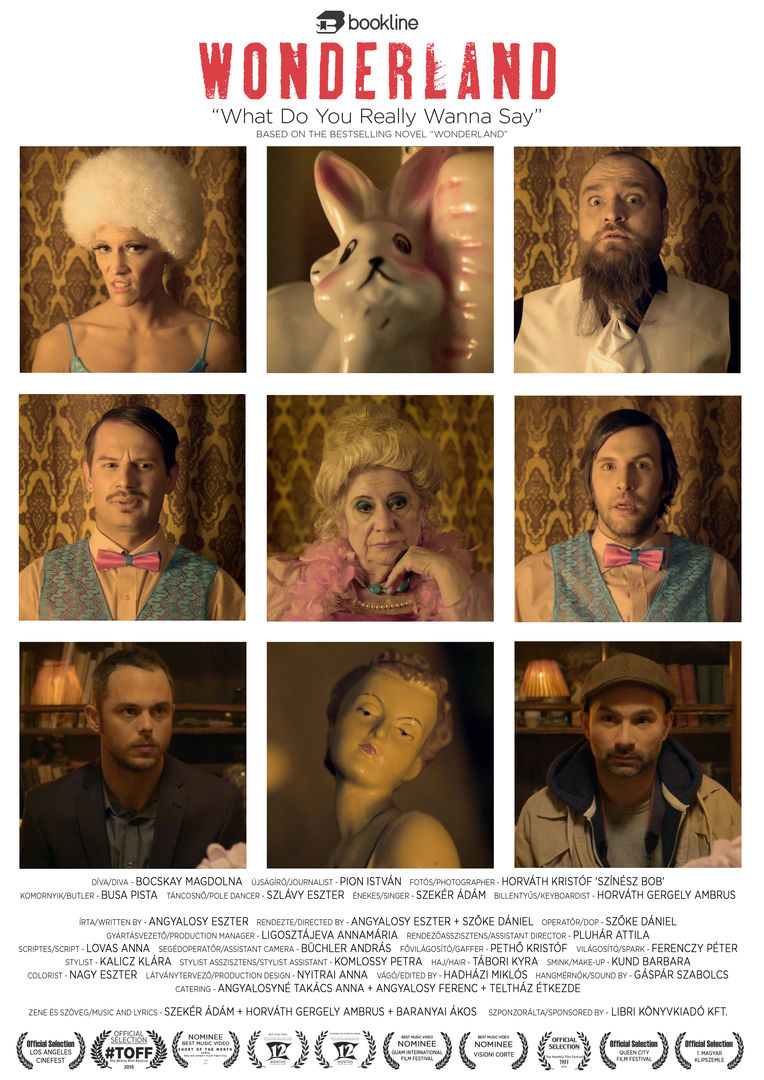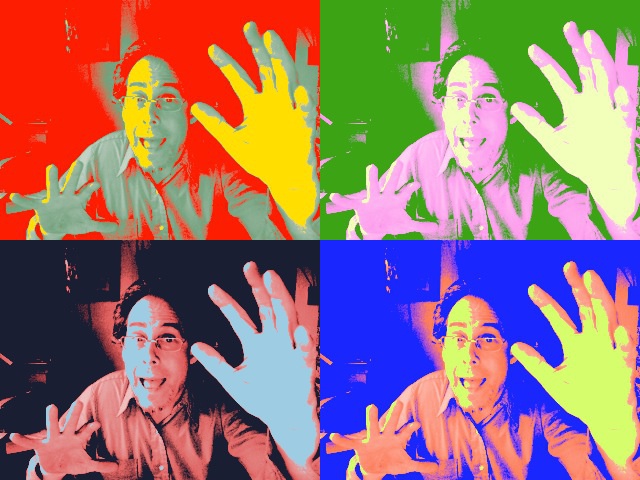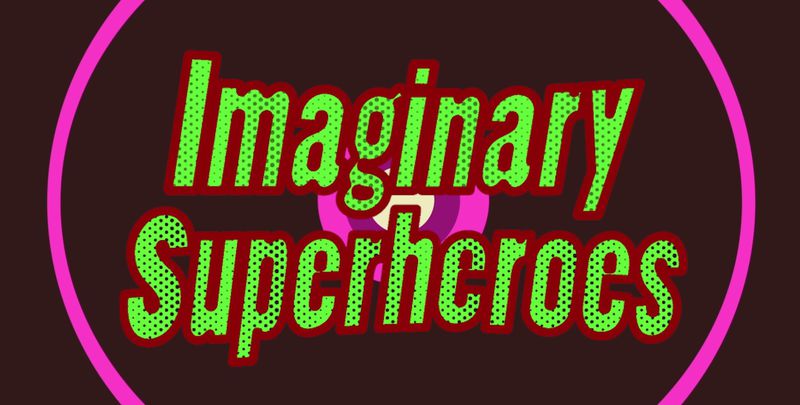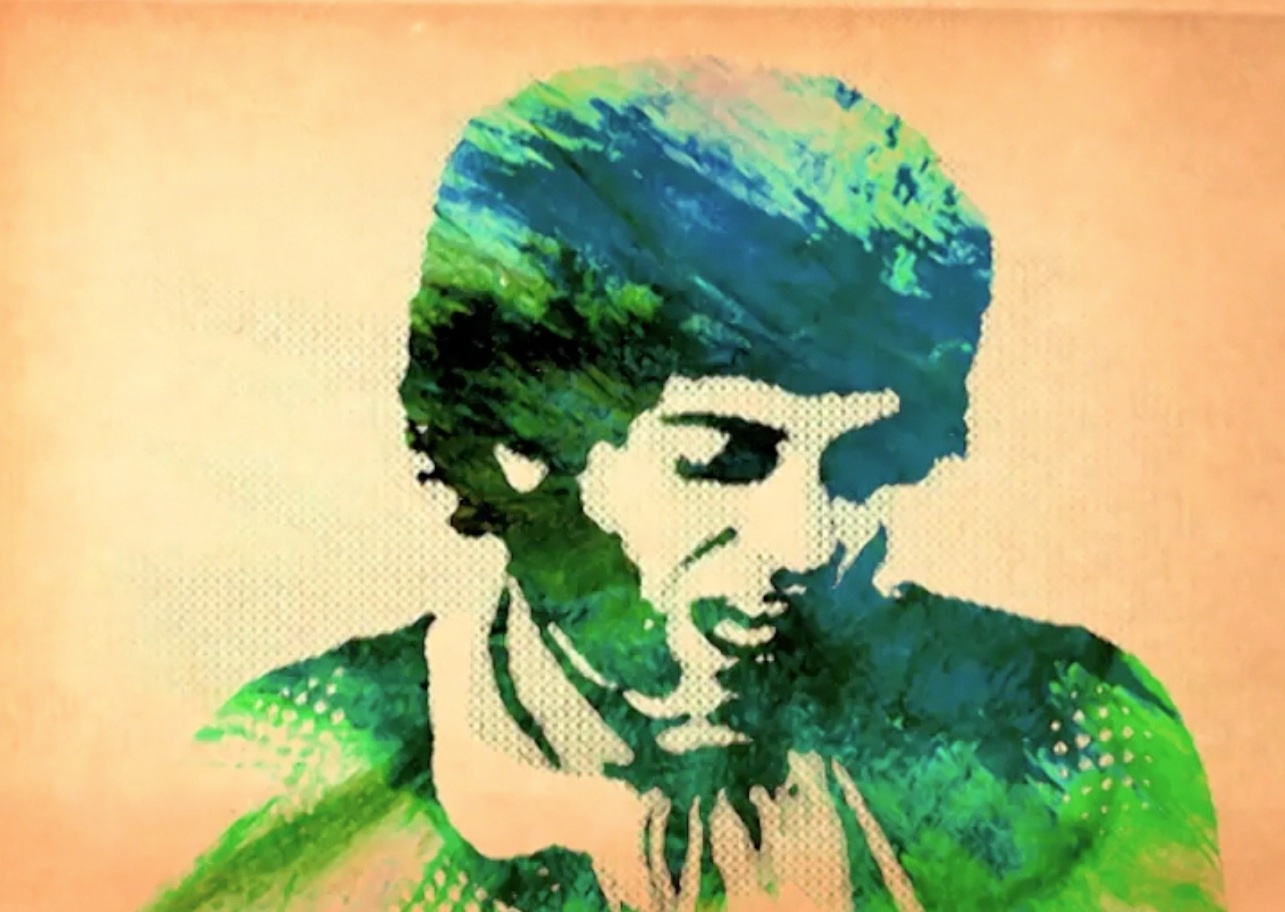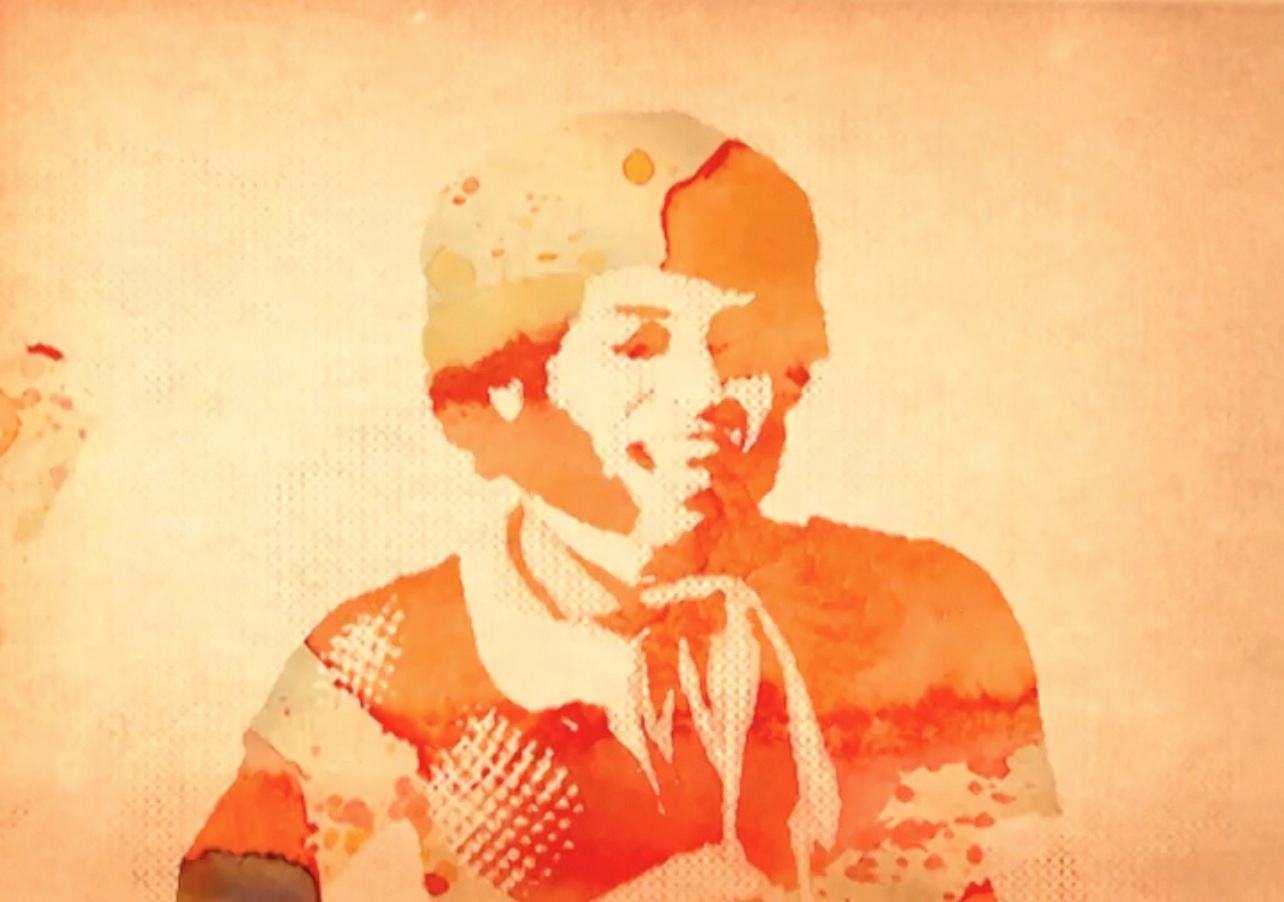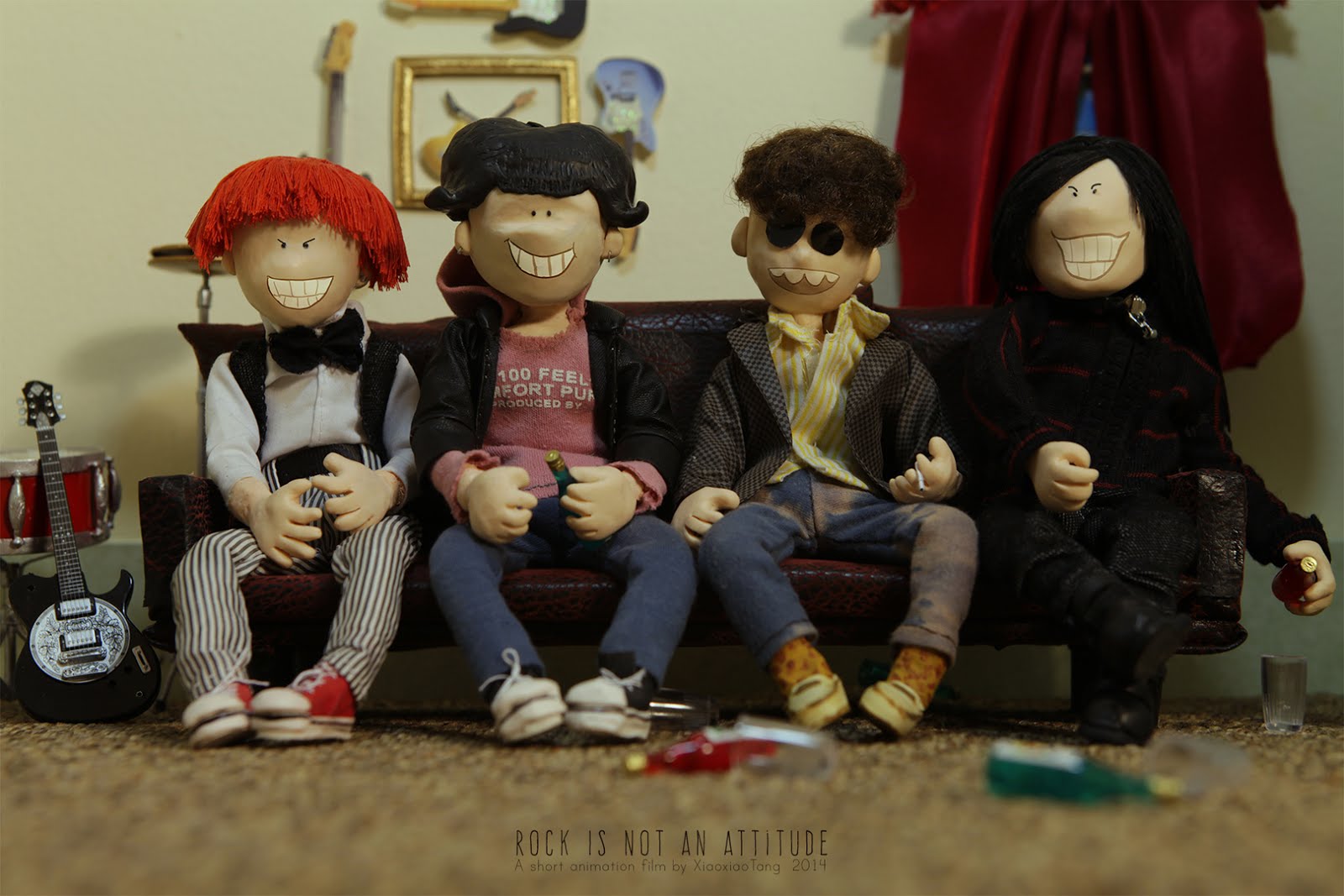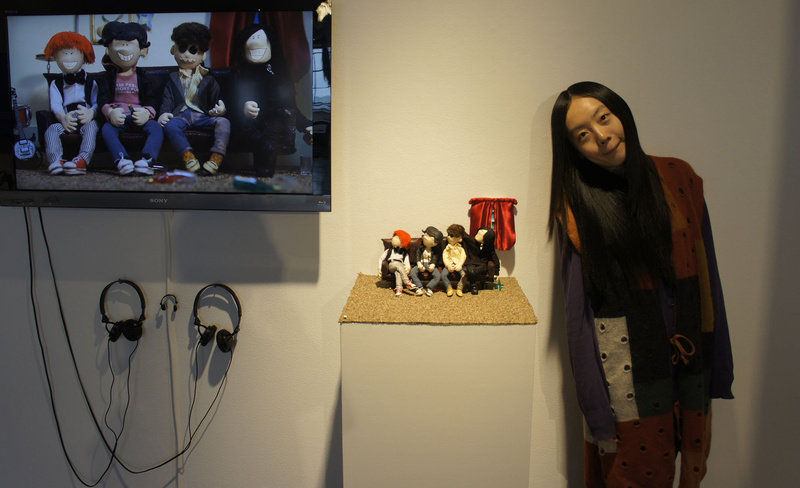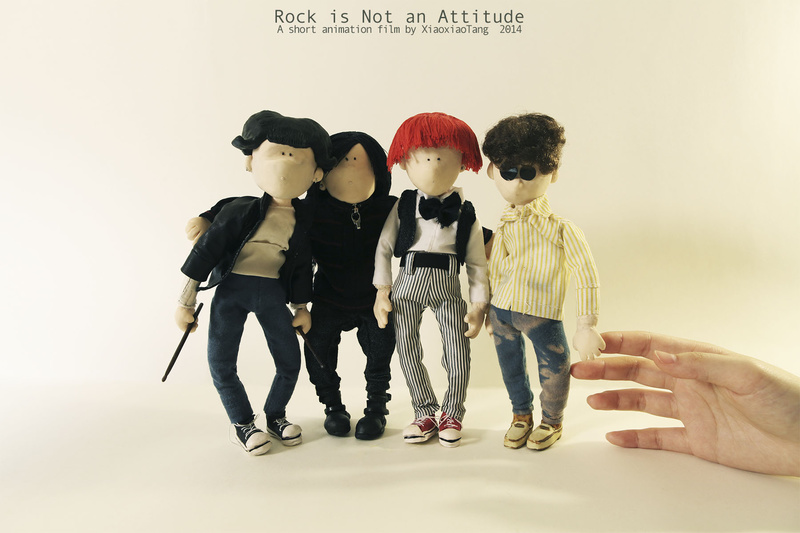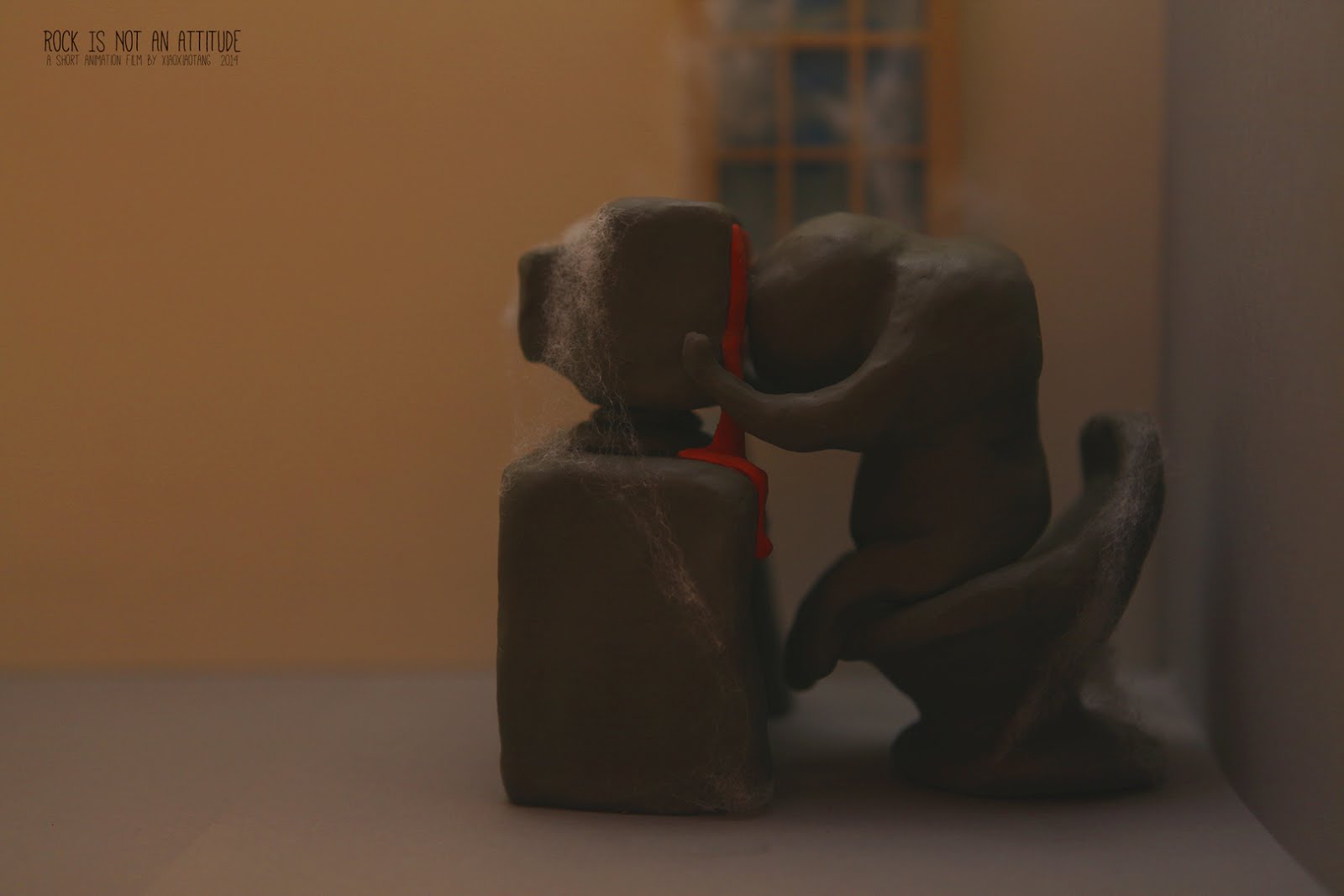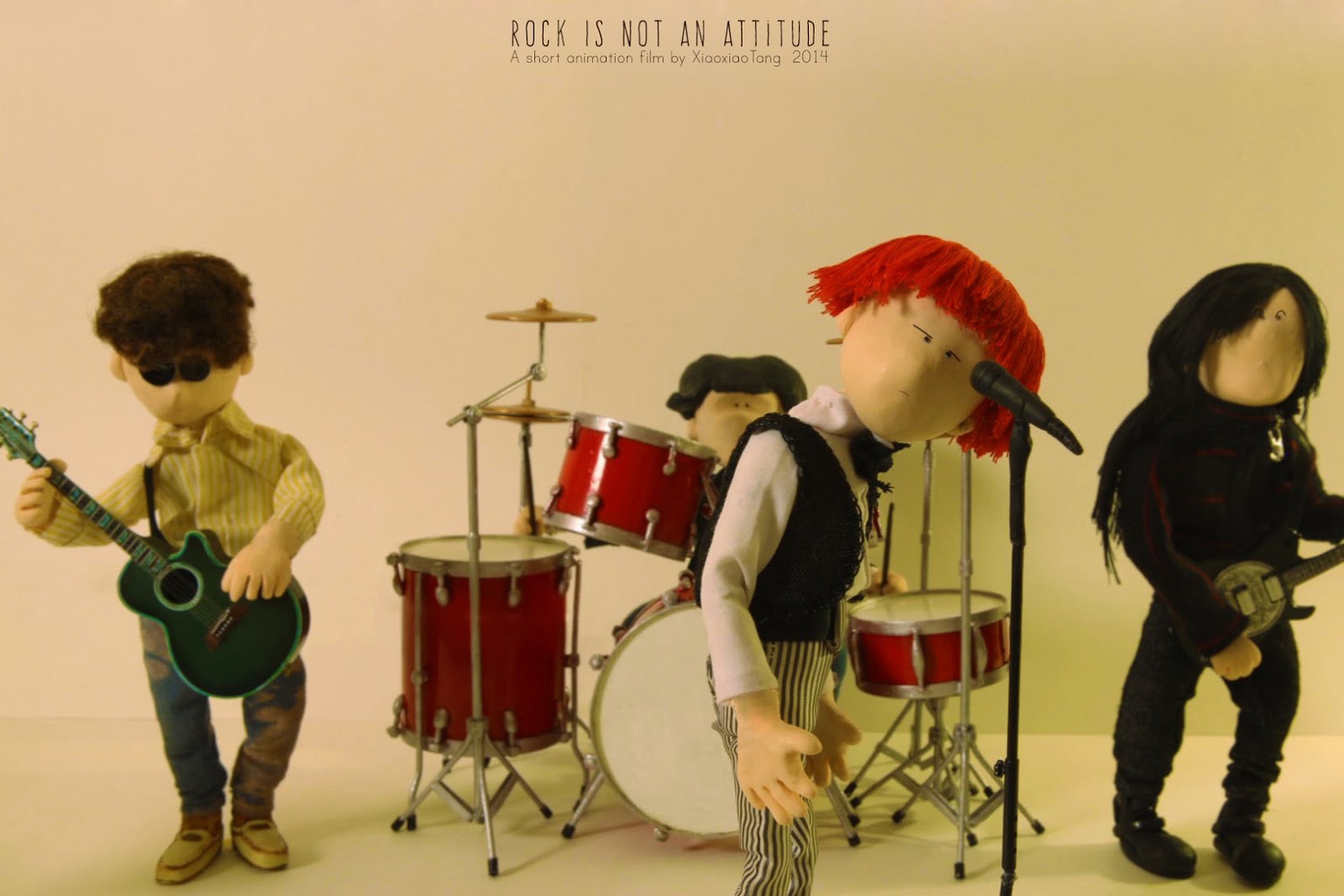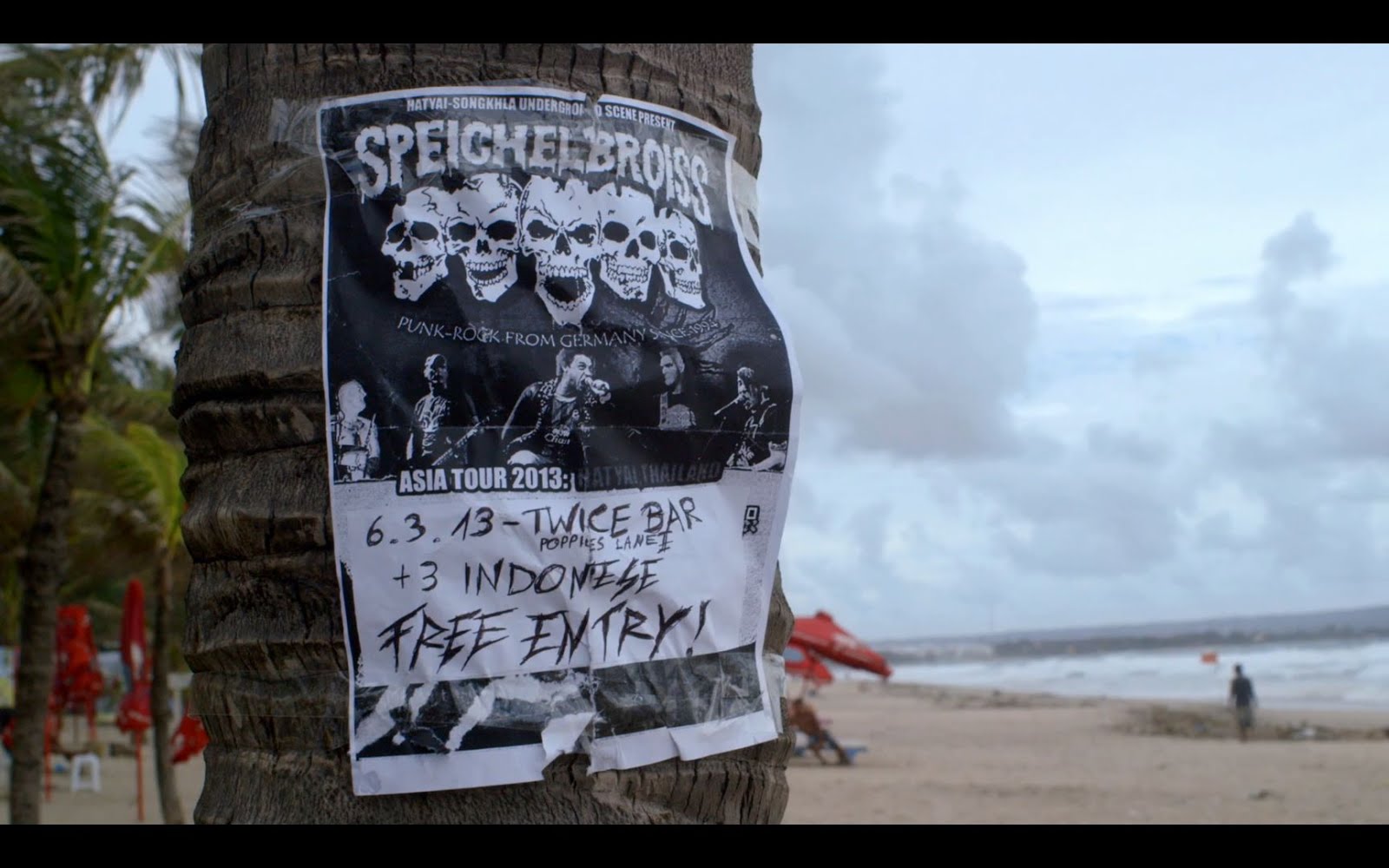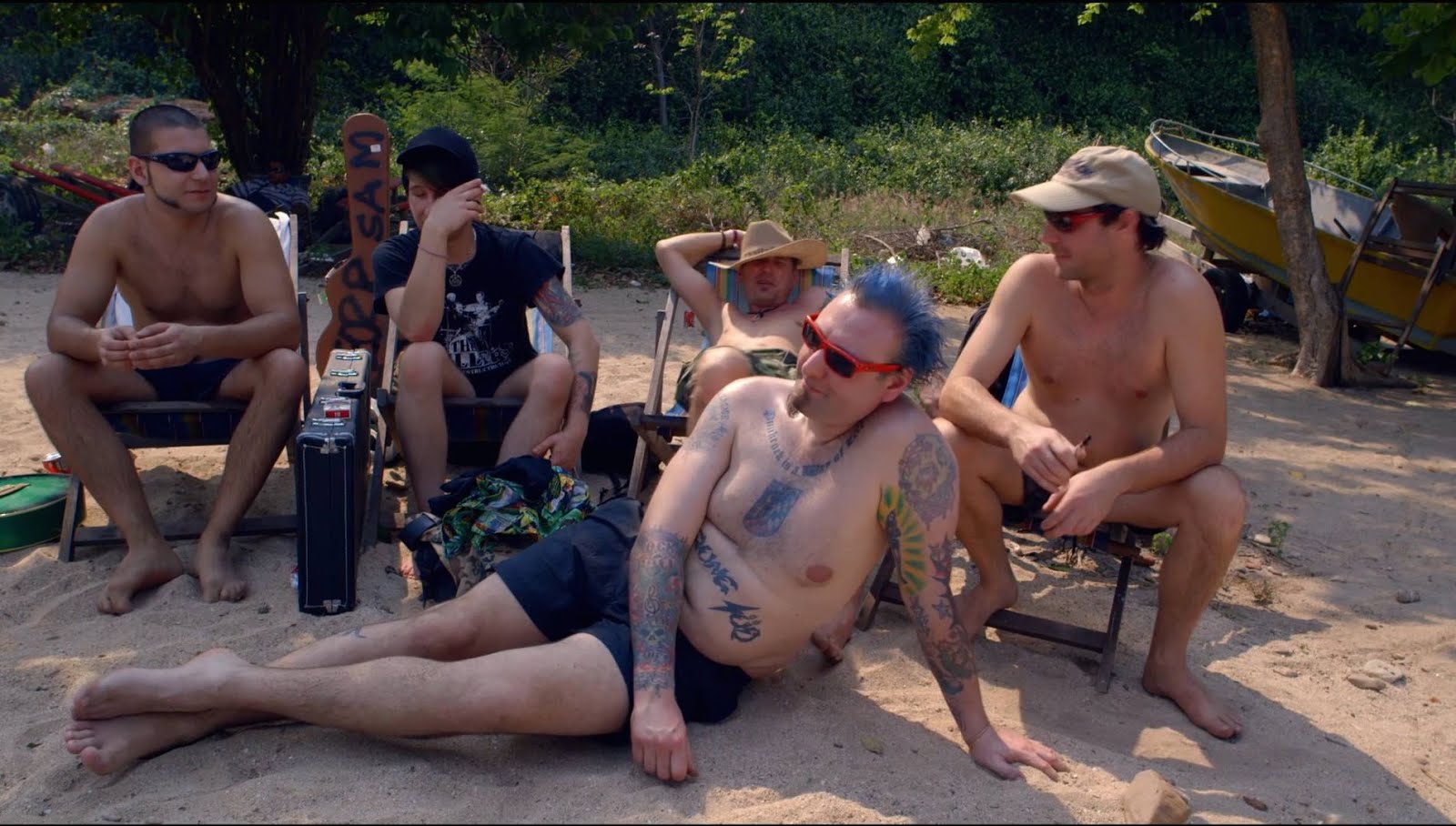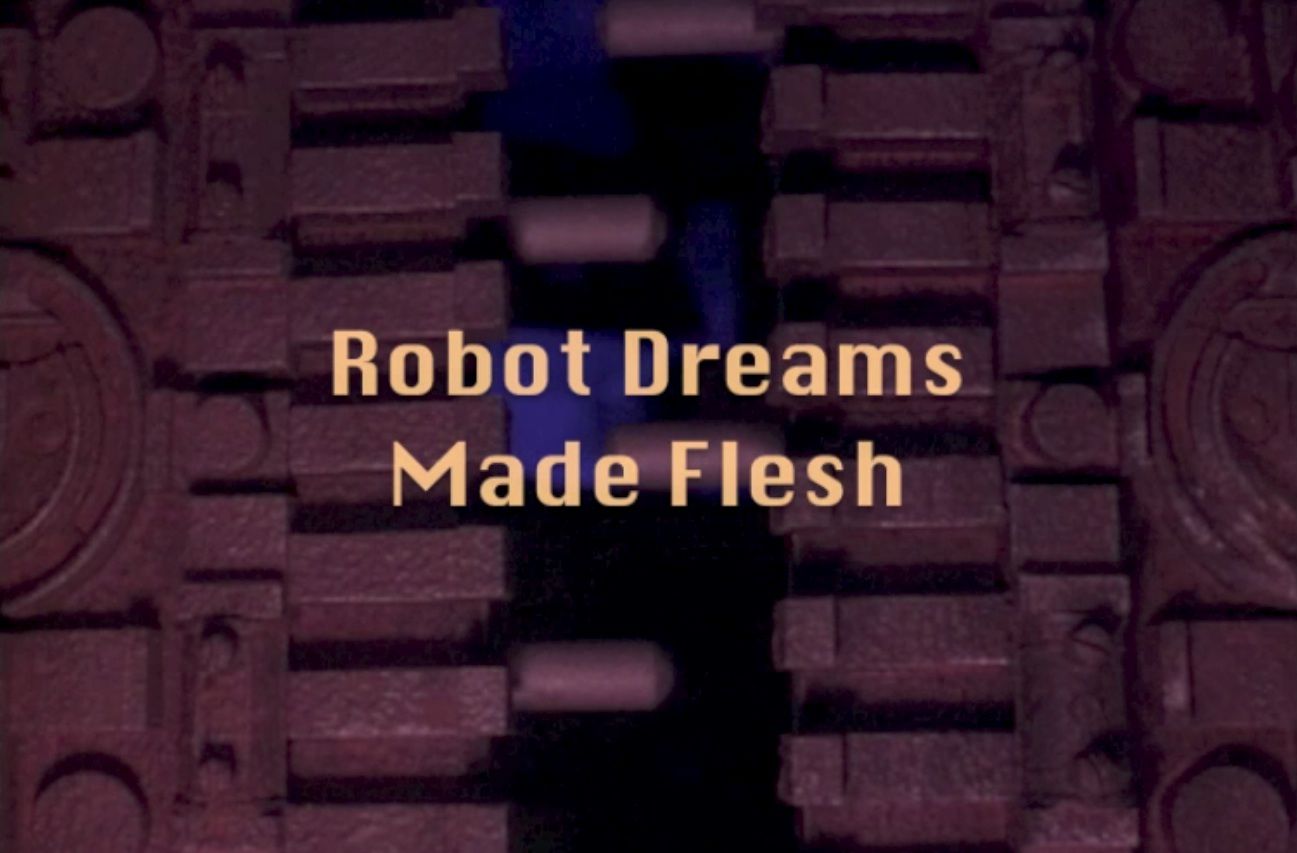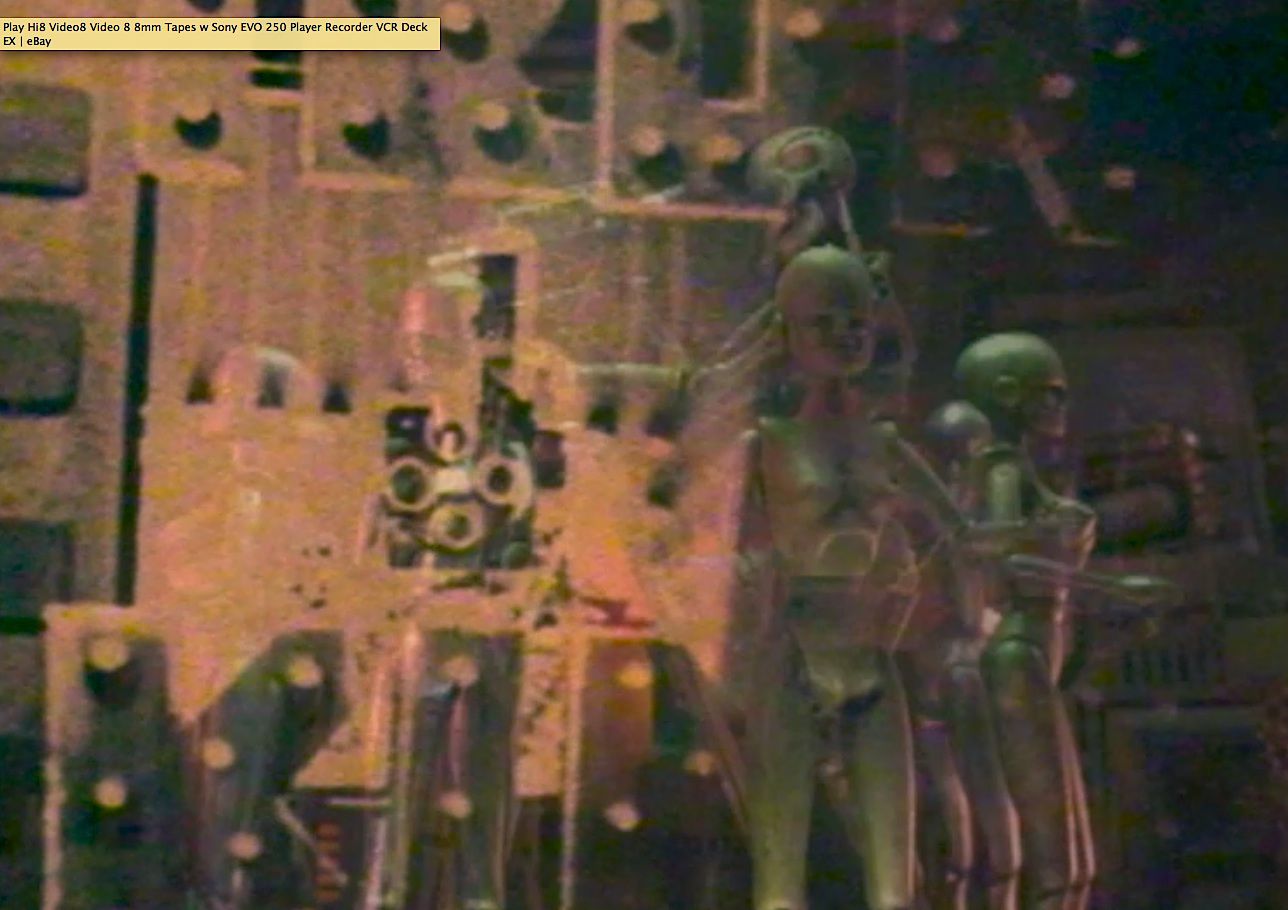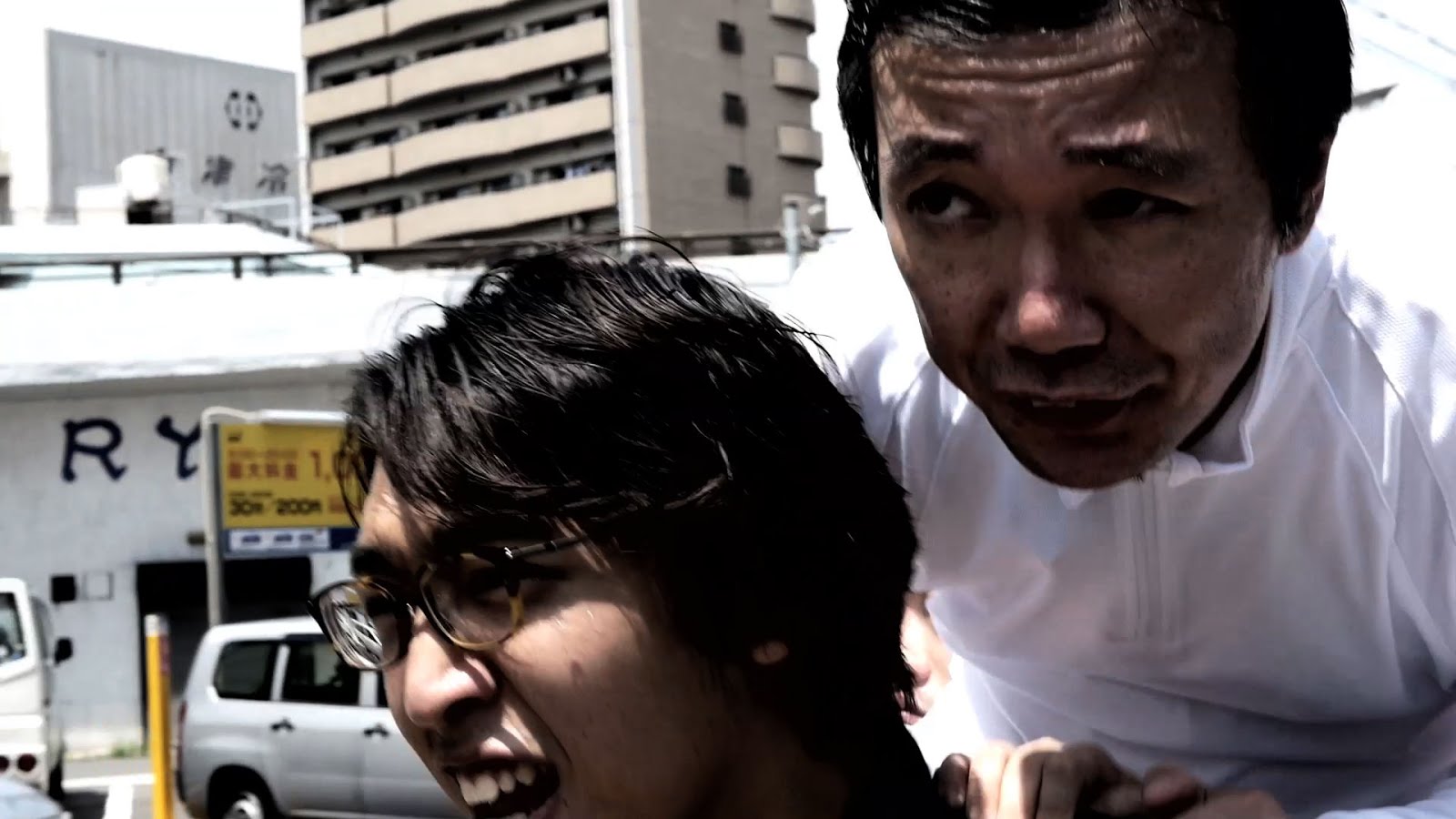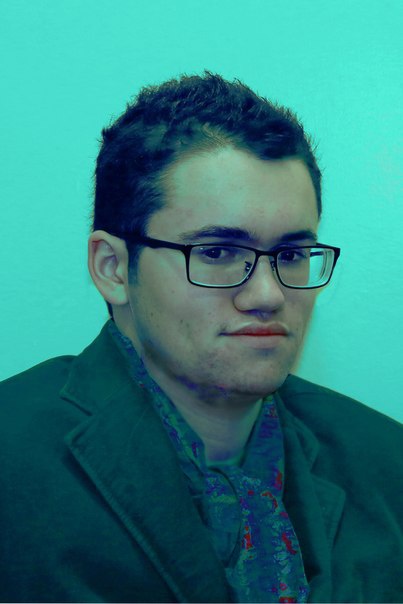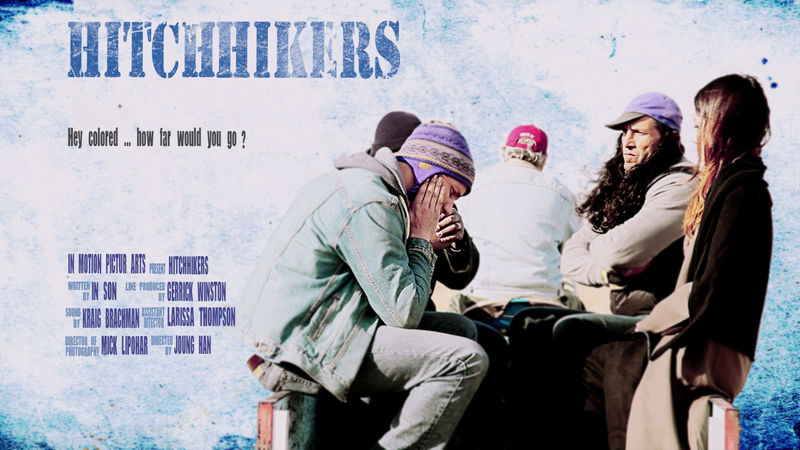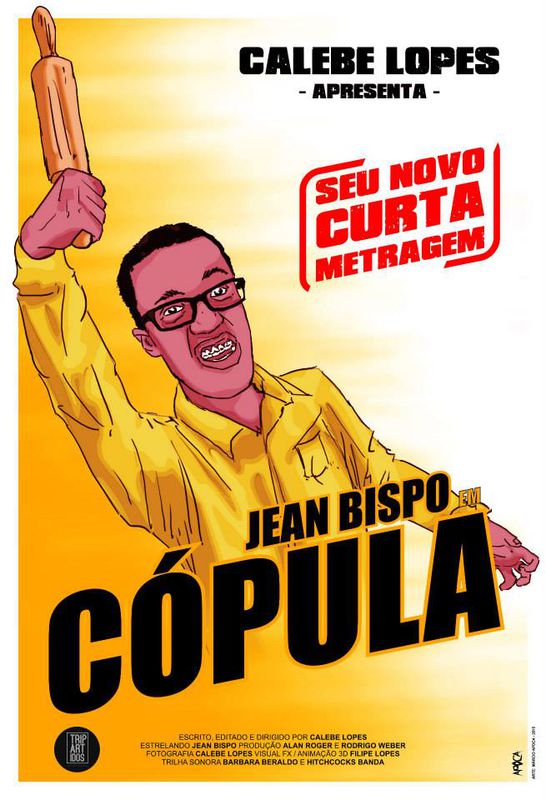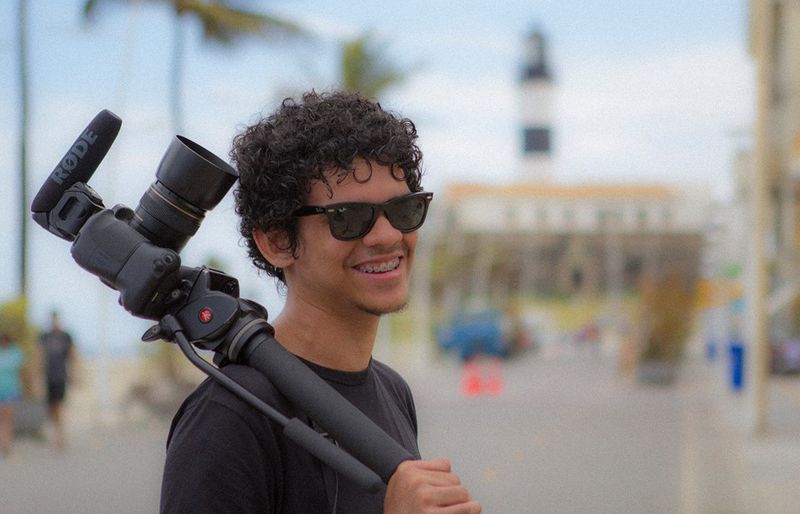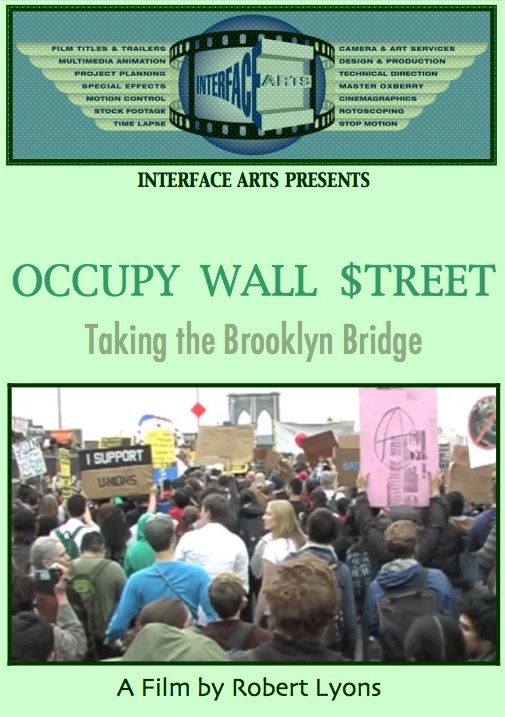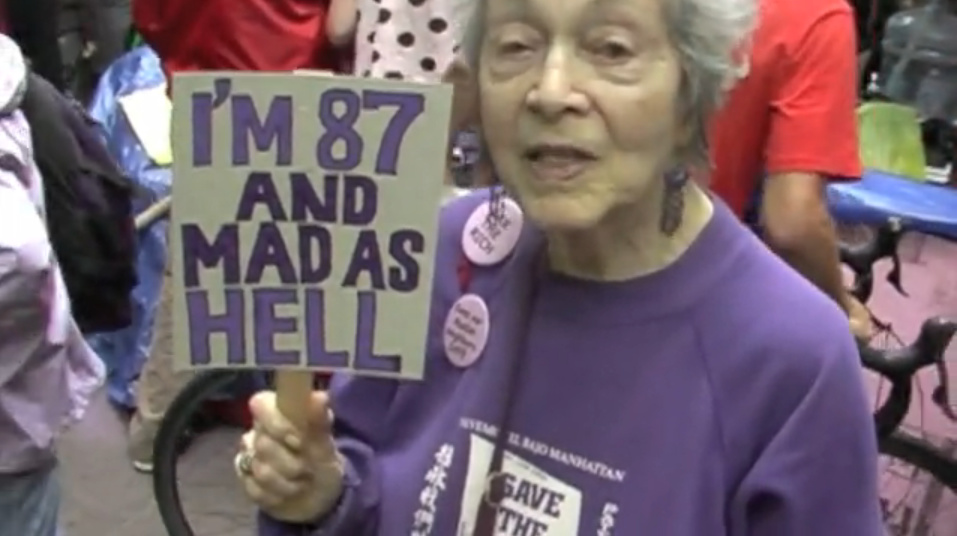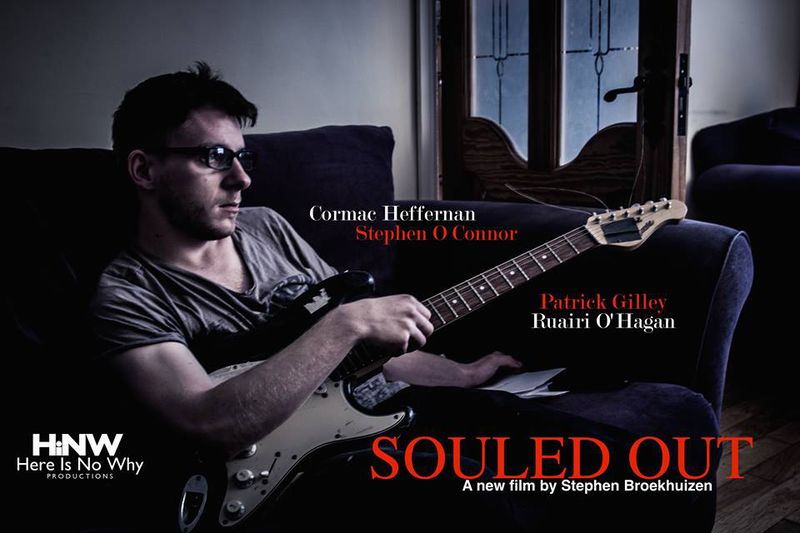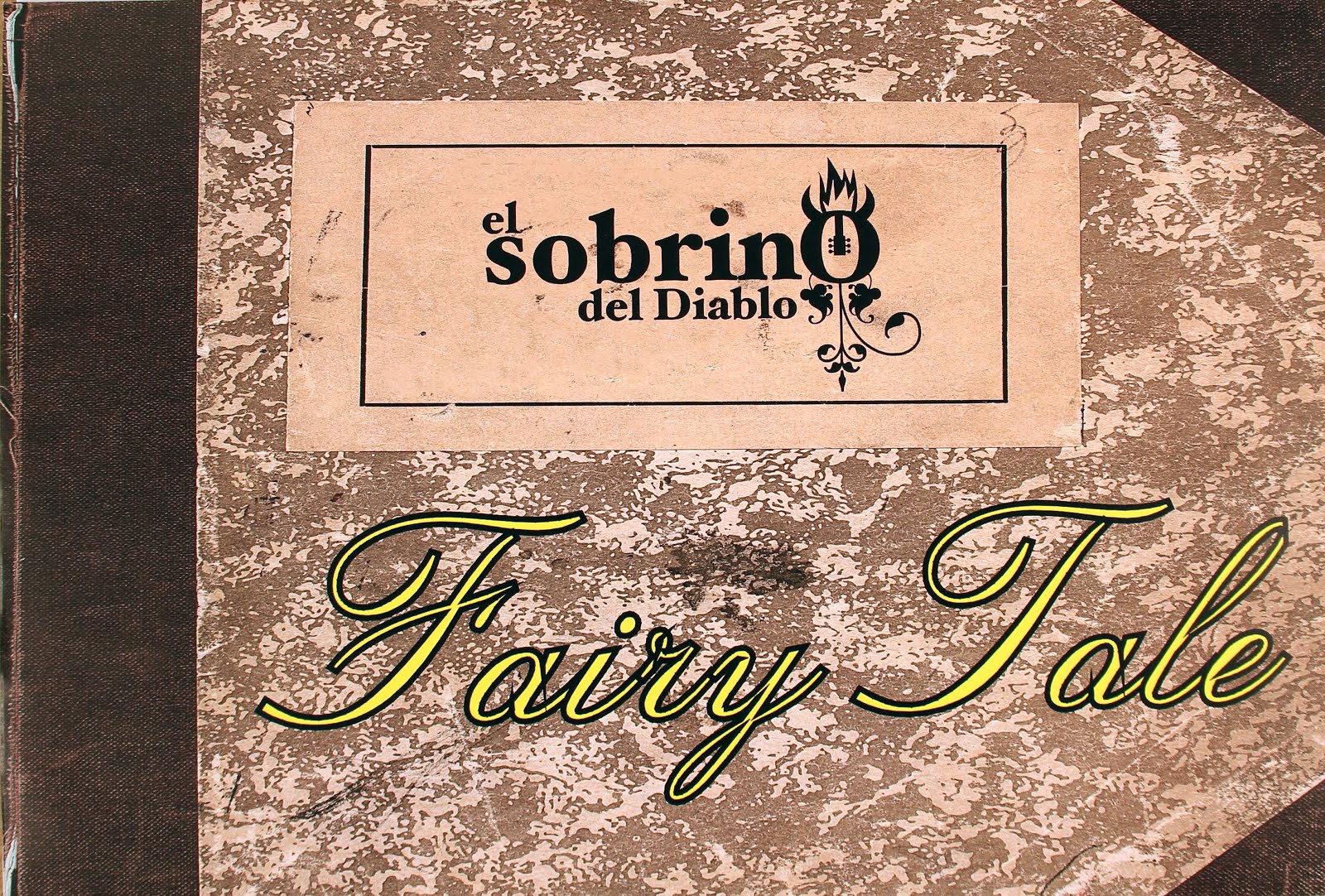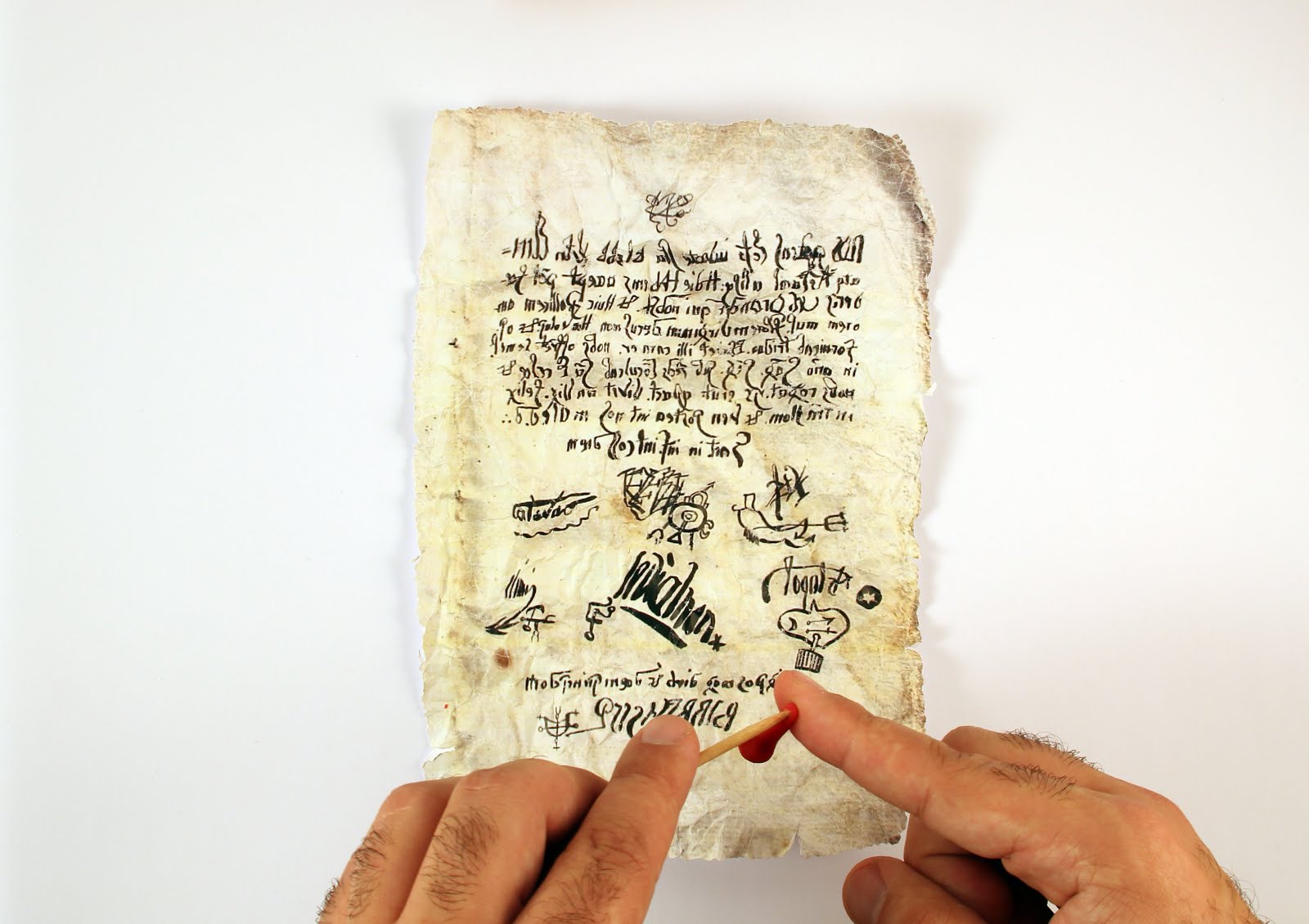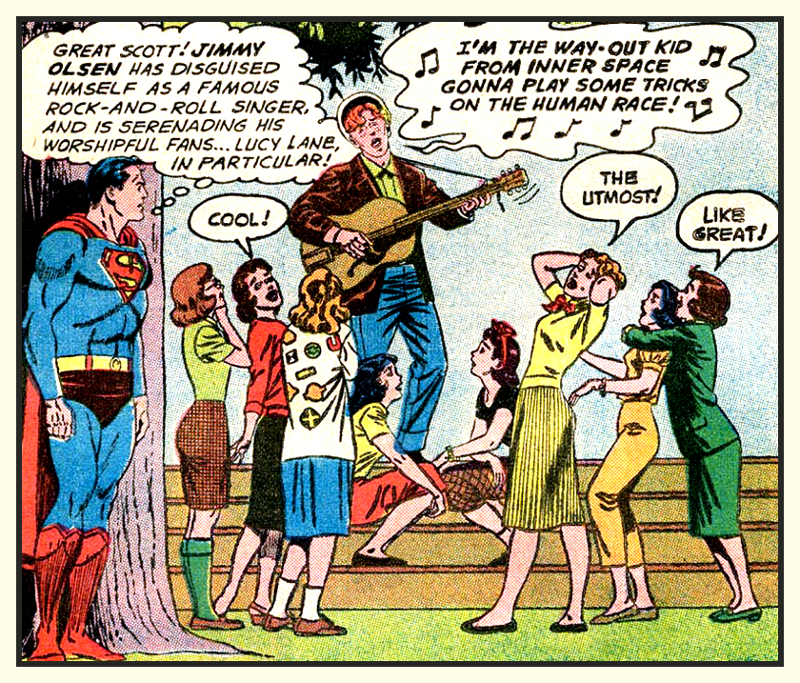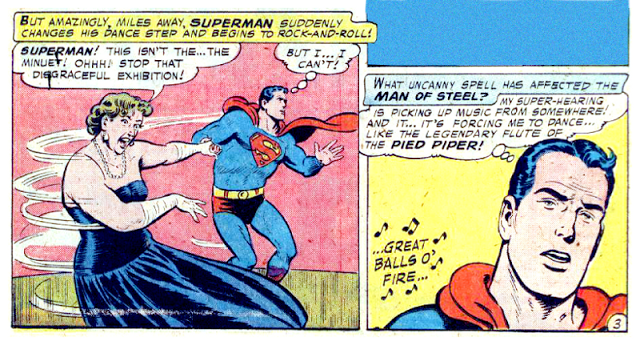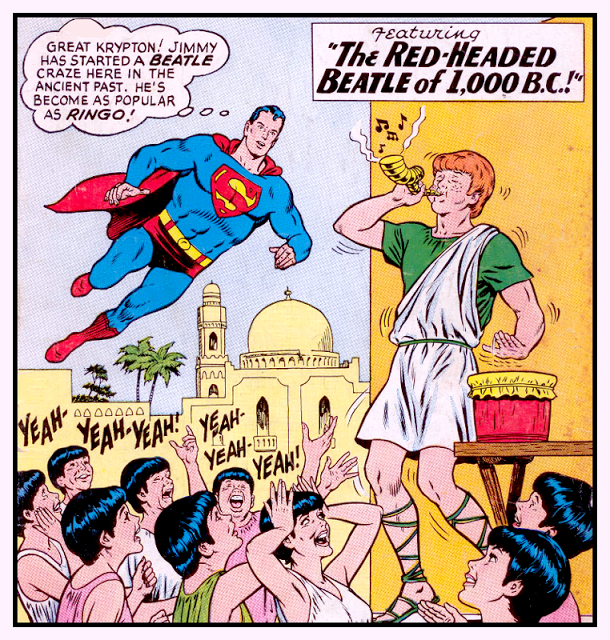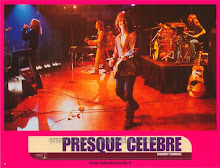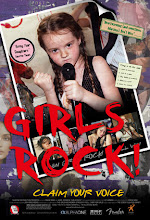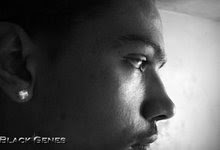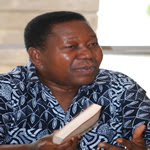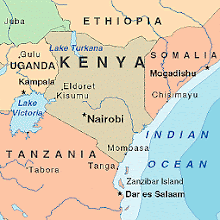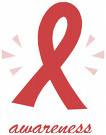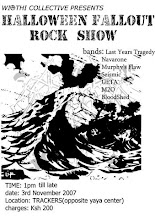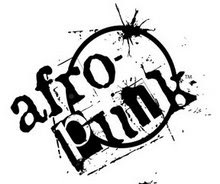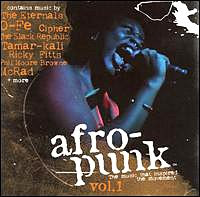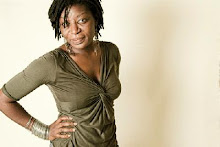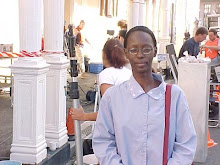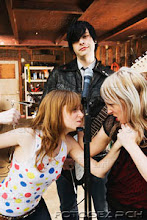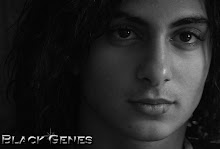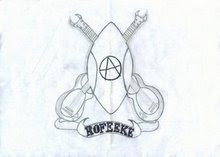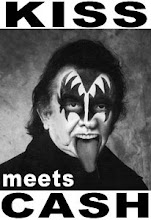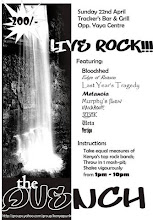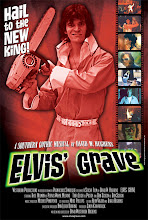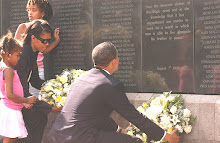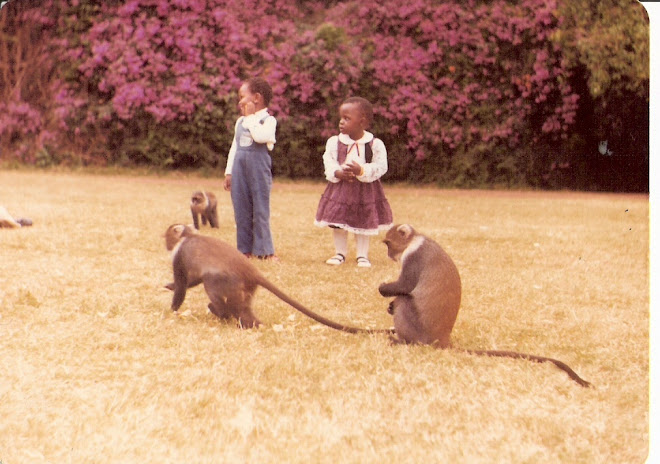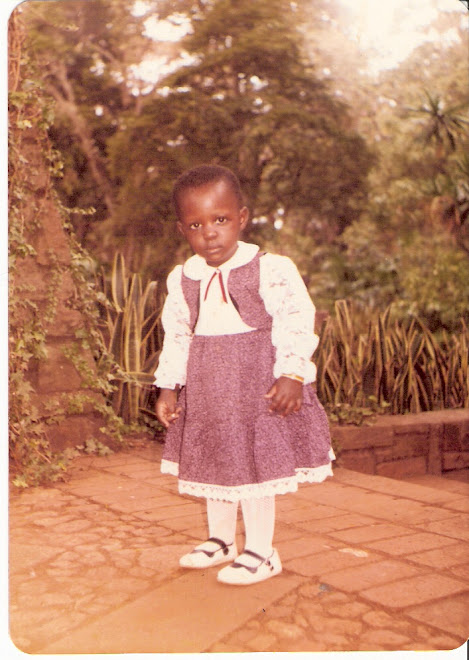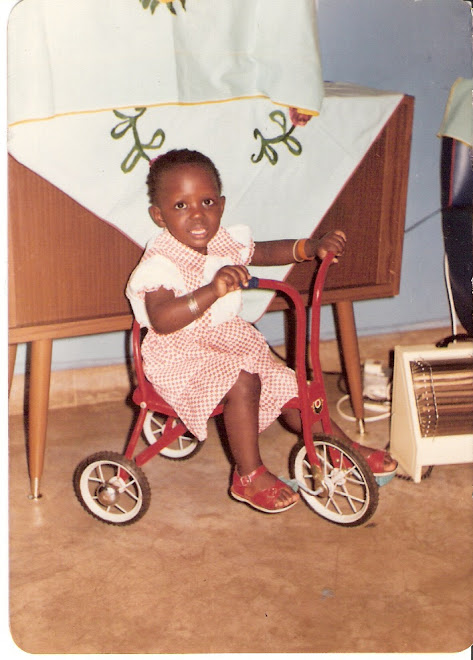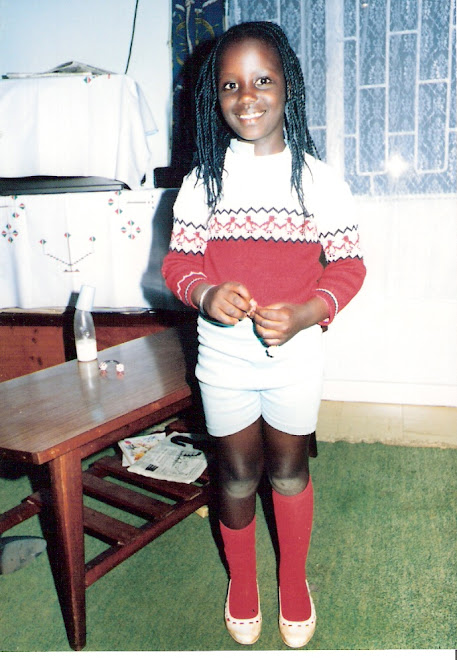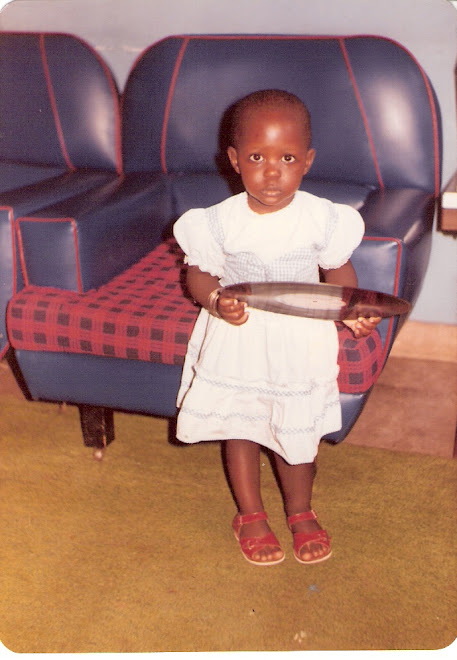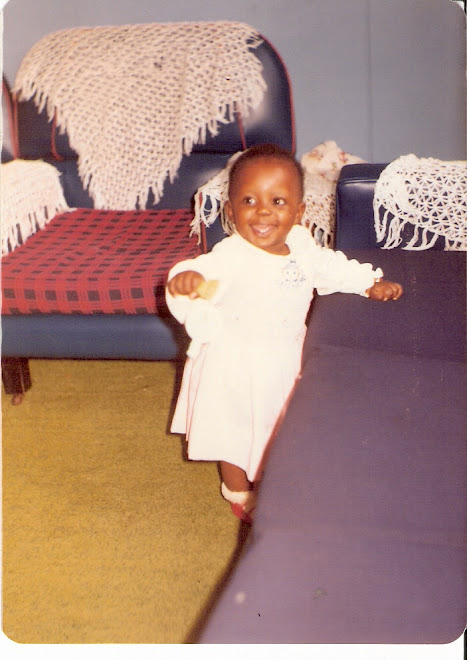Mildred Achoch: We met via allpoetry.com. You commented regarding my contest "The African Roots of Rock ‘n' Roll": 'Pleased to virtually meet a fellow Kenyan… I was born in Mombasa, started playing drums at an early age and proud of my band's commemorative brick, 20 rows directly above 'John', in the Liverpool Cavern Club Wall of Fame.'
Apart from your memories of being abducted by a monkey and enjoying the spectacle of flamingos in Nakuru, what other memories do you have of Kenya, especially memories related to music?
MARTIN H. SAMUEL: Some time after the monkey episode, we visited Lake Victoria where I waded out 'til the water was over my head and my Mother had to rescue me as my Father, who wasn't afraid of crocodiles, couldn't swim!
In Nairobi, as we lived nearby what was then known as the Coryndon Museum, I went there frequently and met Mary and Louis Leakey who invited me into their laboratory to show me what they were working on.
How cool was that!
The couple asked me (and my pals) to collect anything that hopped, skipped, jumped or crawled, which we did, and donated to what was to become the Nairobi Snake Park.
Other than my first gig as a drummer in kindergarten, my musical memories of Kenya have unfortunately faded... except for... when I was in the cubs, one 5th of November, Nairobi-born Roger Whittaker was hired to entertain the pack.
We were seated on the ground around him (having 'dibbed' and 'dobbed') and after each song I would light a coloured firework-type phosphorous match ~ on which he commented.
I may even have started the later trend of flicking lighters at concerts!
Mildred: You started playing drums at an early age. Was that a natural inclination or were you encouraged by a mentor?
Martin: Definitely a natural... I always knew I was a drummer.
Not only do I have as close to perfect time as any man can have, I can play differing tempos with my hands and feet at the same time and keep them in time (or not).
It's totally useless unless considered some odd form of jazz!
No mentor per se but, as a kid, I learned orchestration, such as it was, by jamming with the locals who taught me not to 'step on the toes', musically-speaking, of other musicians.
In other words, play your part, nothing more nothing less, at the correct time, never earlier nor later and, especially, if it's not called for, don't play.
Mildred: Good advice! Did your parents encourage you and if so, how? Was there anyone who discouraged you from playing drums and how did you deal with that?
Martin: No encouragement at all in the beginning... years later, they bought me my first and second drum set.
Being ambidextrous, I set my first drums up right-handed but left-footed!
When I saw a photo of Ringo behind the drums with The Beatles I thought, 'Something looks odd here' and switched mine to right-footed.
Only to find out, Ringo is left-handed but plays a right-handed drum kit.
At first, my parents were disappointed in my career choice but, as I explained to them, it's not a 'choice', it's a 'calling'... you either have it or you don't.
Mildred: Why was your band (Heatwave) honoured specifically at the Liverpool Cavern Club Wall of Fame?
Martin: The original Cavern Club honoured every Artist who 'walked the boards' (performed there) between certain years and, having played there for an entire week in 1970, we received our very own personal brick. By coincidence, our lead guitarist was from Liverpool.
Mildred: You were interviewed by Frank Carlyle on the Frank Carlyle Show in 2016. You recounted your experience playing again at the Cavern Club, saying that you couldn't quite remember exactly how the songs went but you gave it your own unique spin and played your version, and that ultimately, it was about having fun. ROFFEKE's motto is "Friendship, Fun, Freedom". In your opinion, how important is it to have fun, not only in playing music or pursuing any other passion but also in life in general?
Martin: The band leader, whom I'd not met before, kicked off every song without telling me what the band was about to play... it may be a tradition as, in my experience, drummers are not considered musicians!

I had heard most of the songs and had even played some previously, but it was all so long ago, however, we must have sounded OK as the dance floor filled instantly on every song and even the doorman abandoned his position and came downstairs to listen.
It is my belief we're all born with a built-in 'Fun Meter' which should be checked fairly frequently as, if we're not having fun, what's the point?!
One should not expect 'said meter to constantly be in the red (Fun zone) but, if it rarely is, then something needs to be changed for the better.
Mildred: According to your LinkedIn profile, you have won many songwriting competitions. What's your secret?
Martin: Dedication, determination, persistence, a way with words (as a lyricist) and a 'good ear'.

Mildred: Any tips for budding songwriters?
Martin: Follow your heart, do what floats your boat (even if you're landlocked).
If a composer writes for anyone/anything but him/herself, he/she's doomed him/herself to disappointment... even then, when writing for oneself, there's no guarantee you'll be appreciated or recognised.
Rick Nelson said it best in 'Garden Party'... "You can't please everyone so you got to please yourself."
Co-writing, as I have done and still do, is a major plus as two, or more, heads and hearts can (sometimes) be better than one.
e.g., Lennon & McCartney, Bacharach & David, Goffin & King, Gilmour & Waters, Holland–Dozier–Holland, Jagger & Richards, Leiber & Stoller (some of my favourite songwriters).
If any Kenyan composer cares to collaborate, I'm always up for co-writing.
Mildred: In your opinion, what makes a great song?
A lyric the audience can relate to/identify with, or tells a good story and a memorable melody over a catchy beat.
Mildred: What would you say are your top ten favourite songs of all time?
Martin: Aaaaagghhhhh!!!!!
OK, here's five of mine followed by five by others... in alphabetical order:
'Slave To The Grind', written about my Father who worked for E.A.R. & H. and my Mother, secretary to the Speaker of the House in Nairobi Parliament, co-written with Brian Hadley. ‘Be My Rock’, co-written with Renard Cohen, recorded by Ms. Nancy Reed:
'A Whiter Shade Of Pale', co-written by Brooker & Reid (and Johann Sebastian Bach), recorded by Procol Harum.
'Over The Rainbow', co-written by Arlen & Harburg, sung by Judy Garland.
'She's Leaving Home', co-written by Lennon & McCartney, recorded by The Beatles.
'Sultans of Swing', by Mark Knopfler, recorded by Dire Straits.
'Time', co-written by Waters, Gilmour, Wright & Mason, recorded by Pink Floyd.
Mildred: Your views on artificial intelligence?
Martin: The name says it all... artificial!
No thank you.
Referring to AI, Alan Turing, 'Grandfather' of the computer, said, "If a machine is expected to be infallible, it cannot also be intelligent."
I believe the reverse is also true, 'If a machine is expected to be intelligent, it cannot also be infallible.'
Mildred: Any tips or advice for Kenyan rock bands?
Martin: Draw on local music and make it your own – e.g., if Paul Simon had not visited South Africa, he may never have heard and used their rhythm(s).
Do it for love, as in a labour of, or don't do it at all.
Sunny 'n' the Cut: (Here)





















